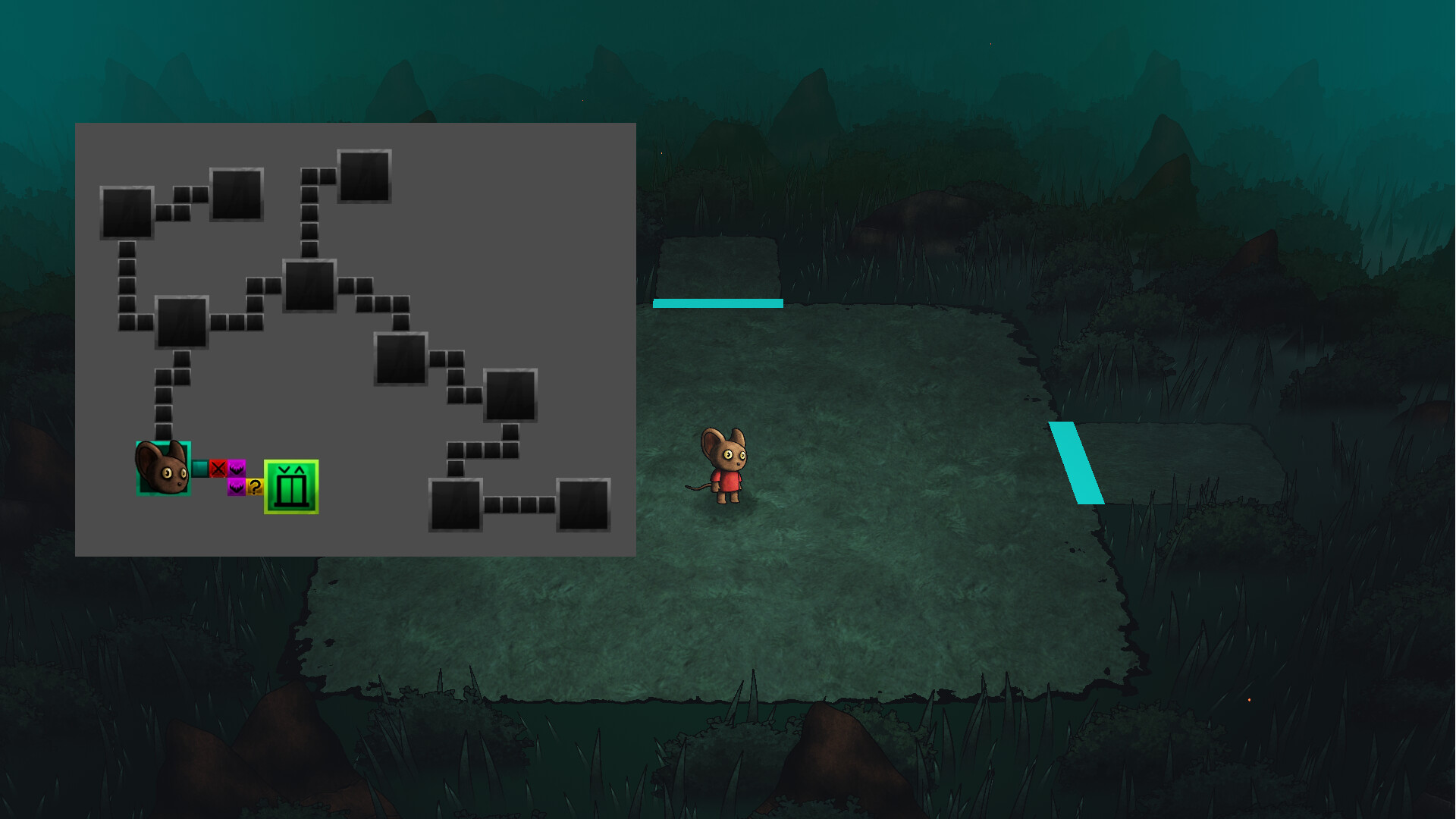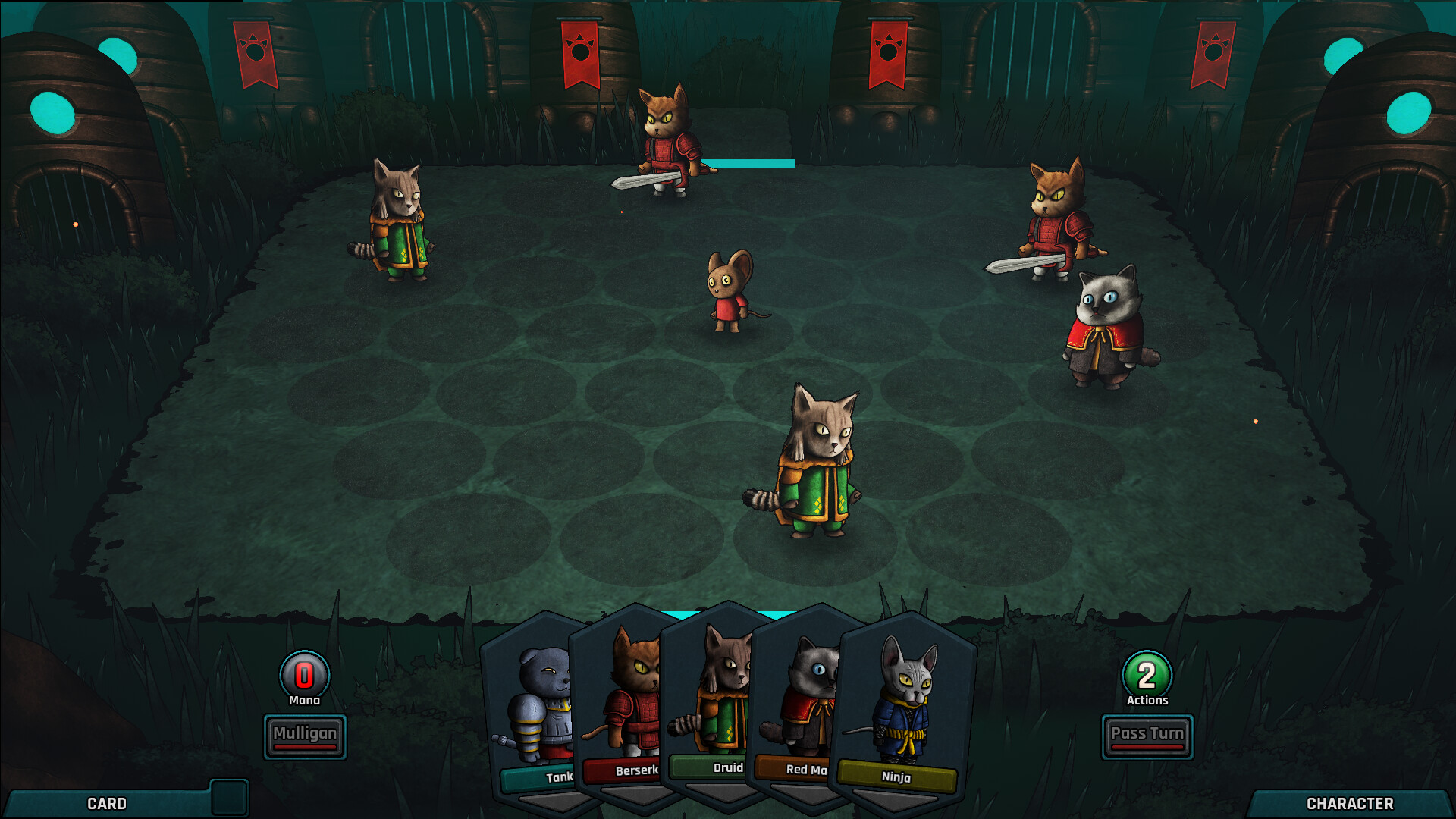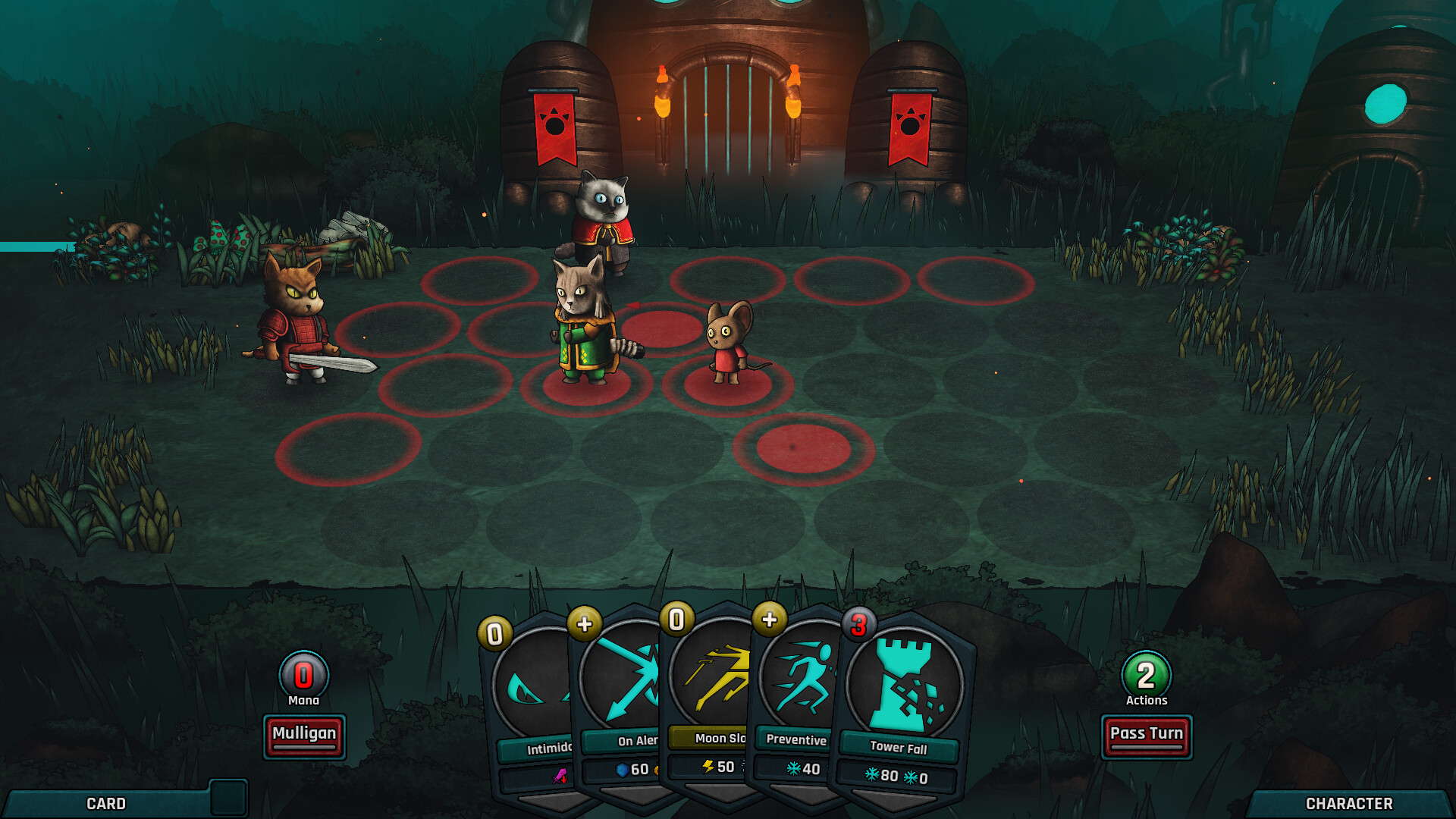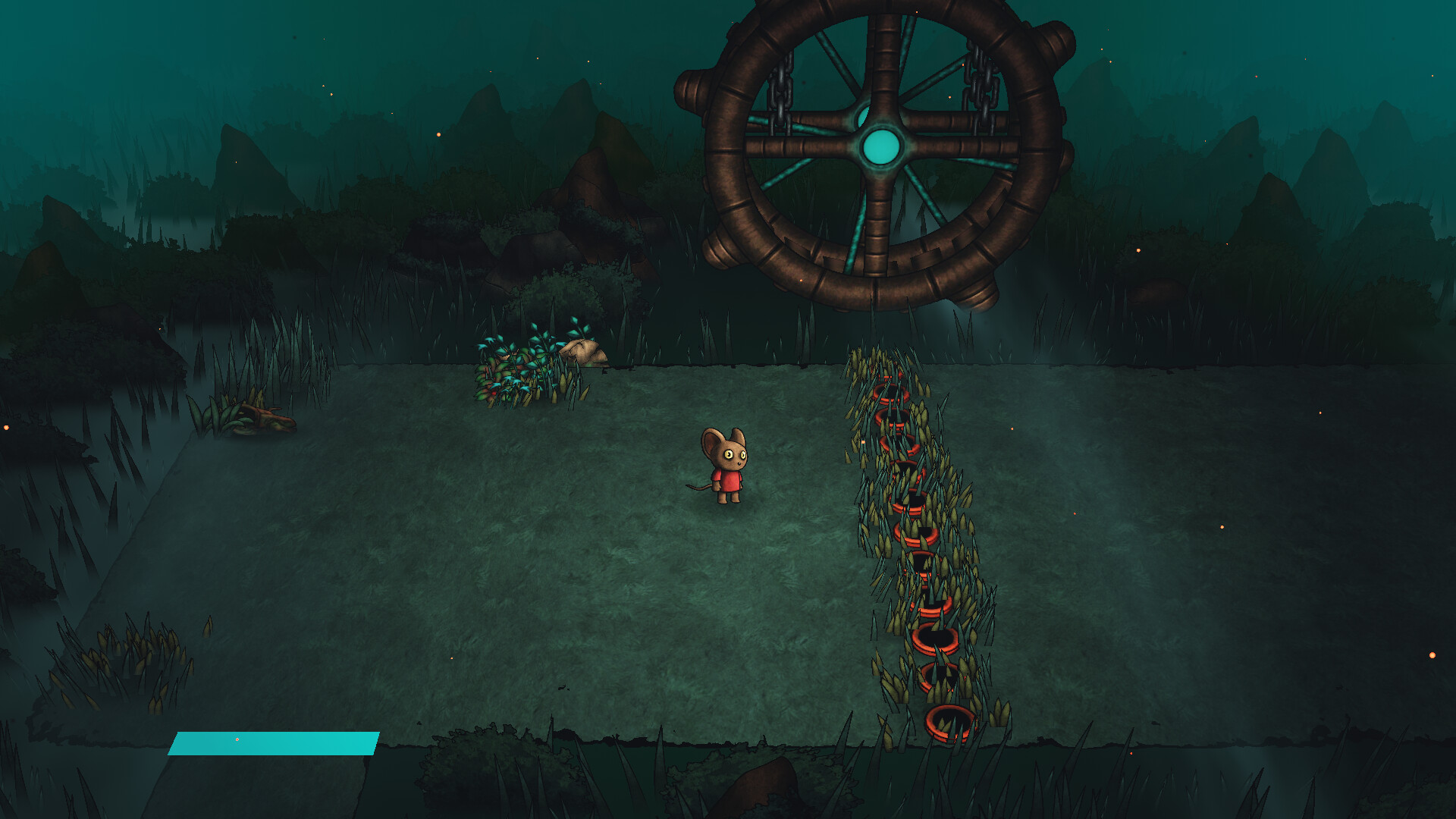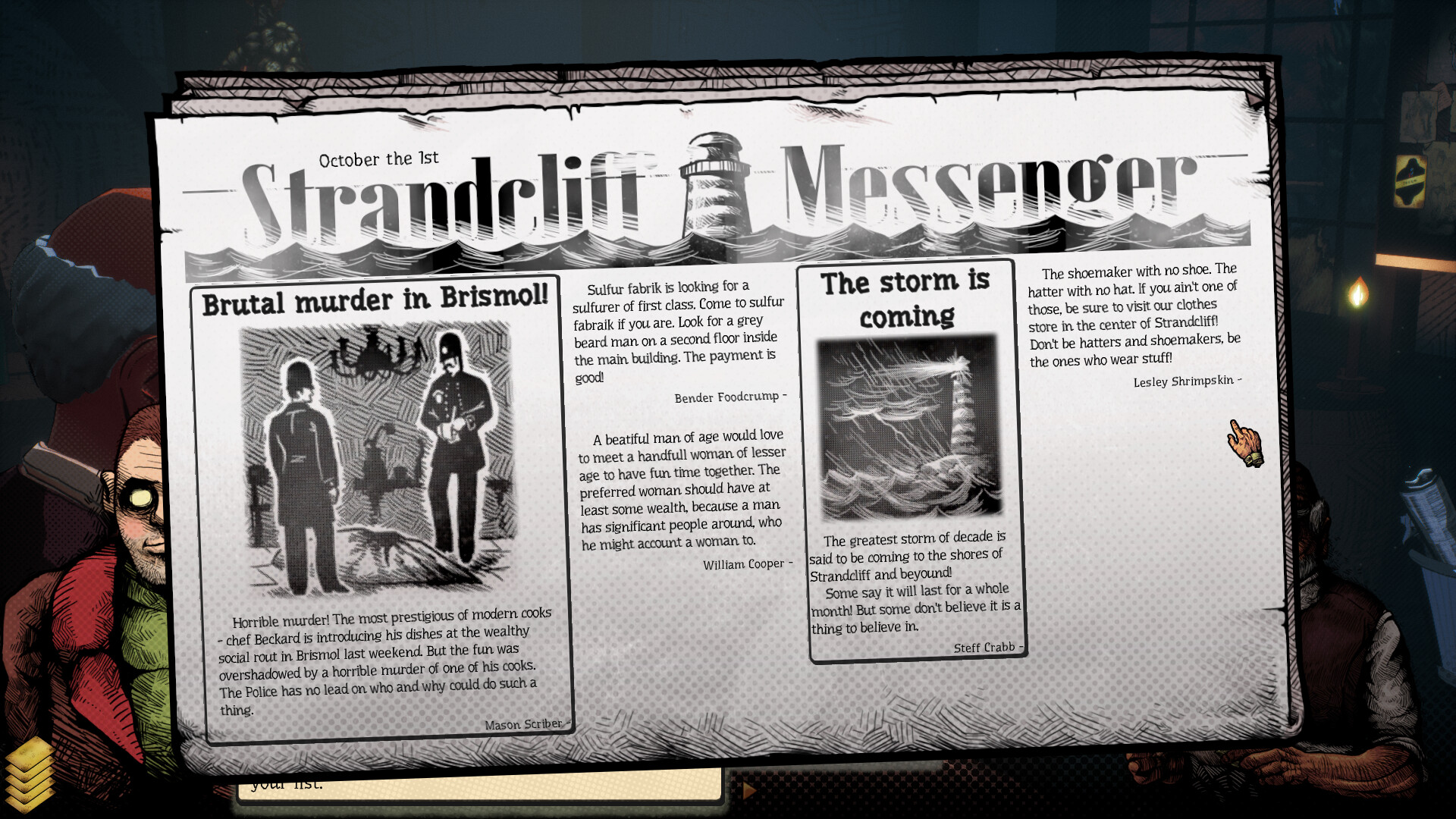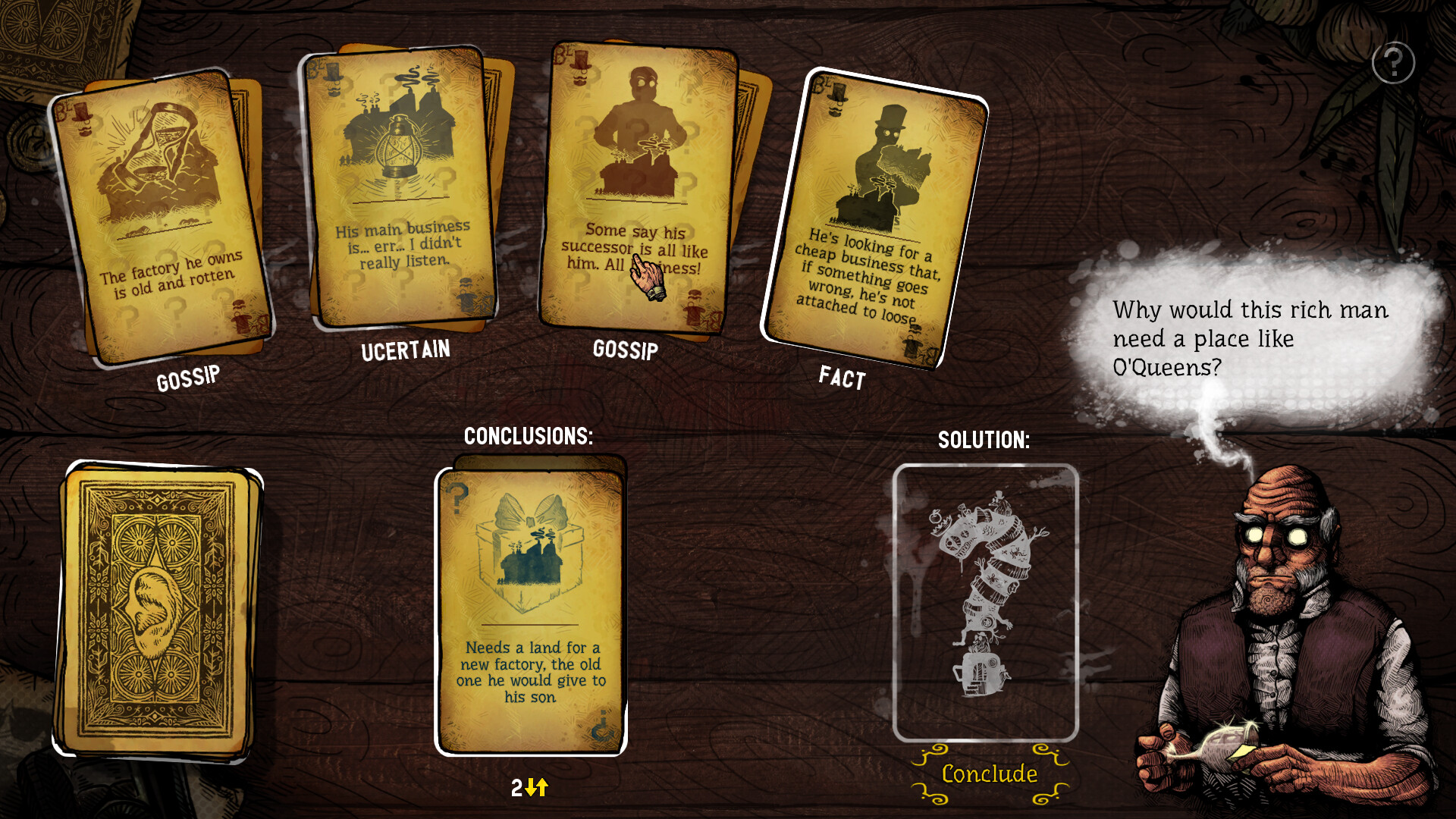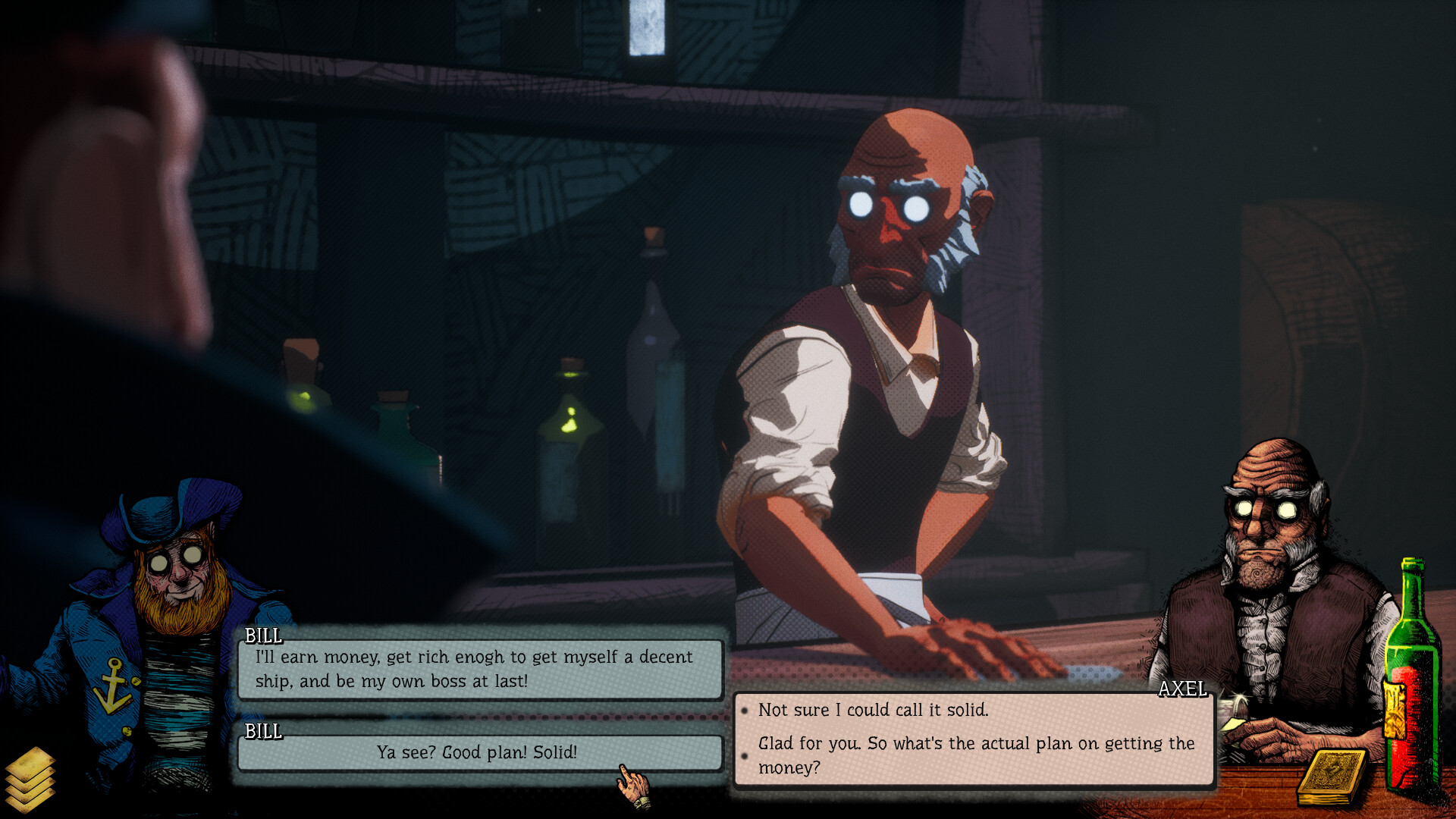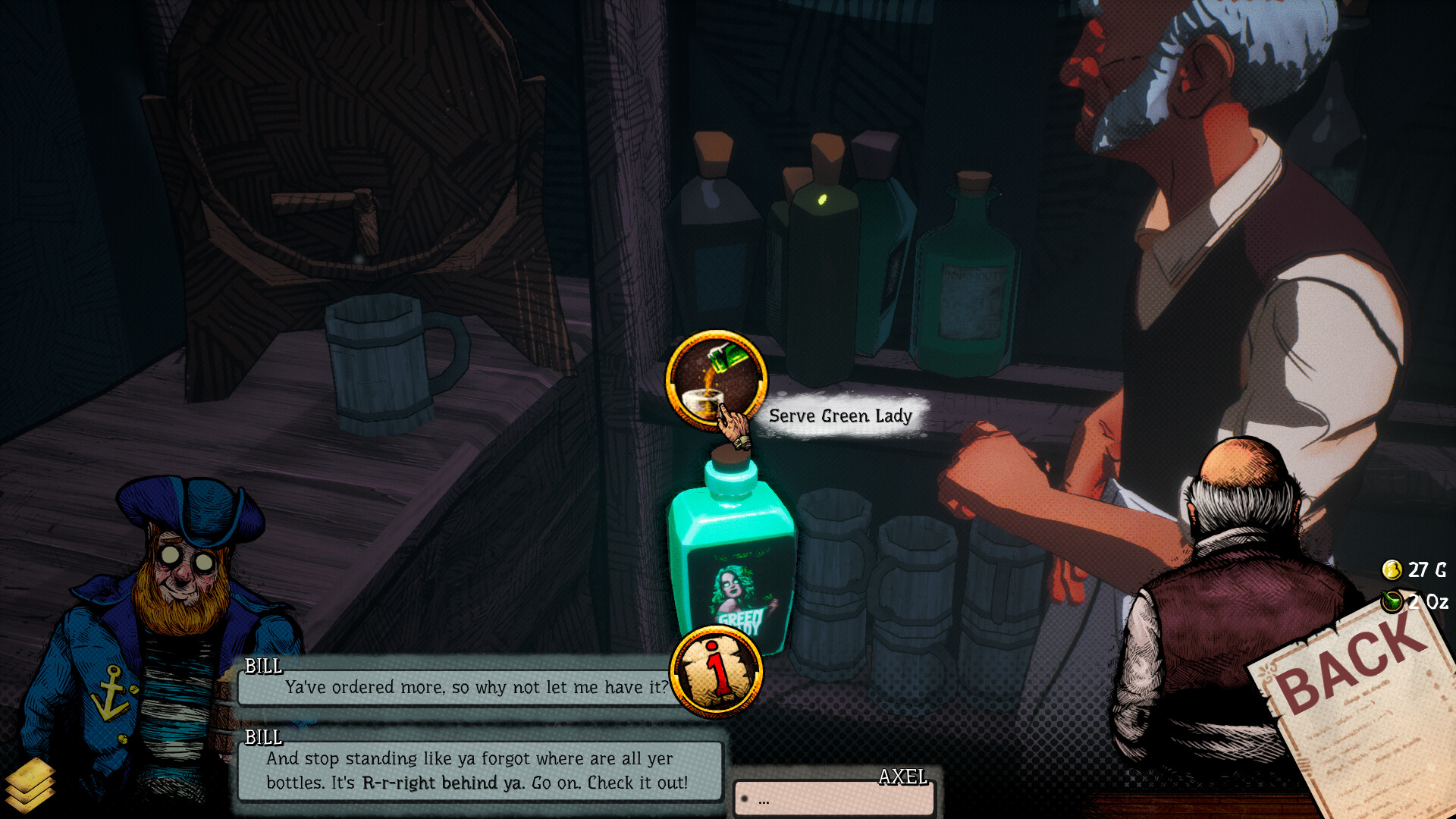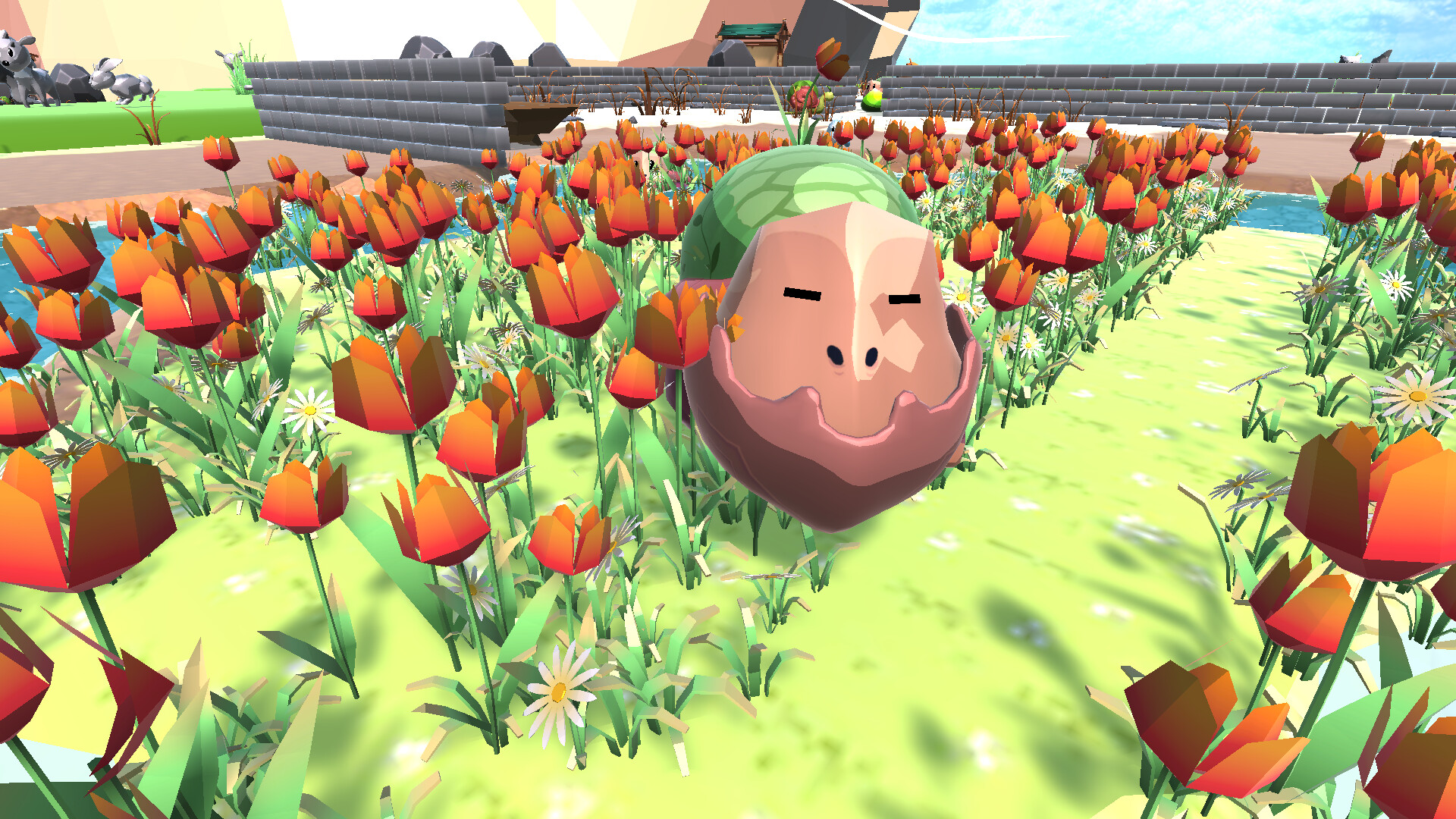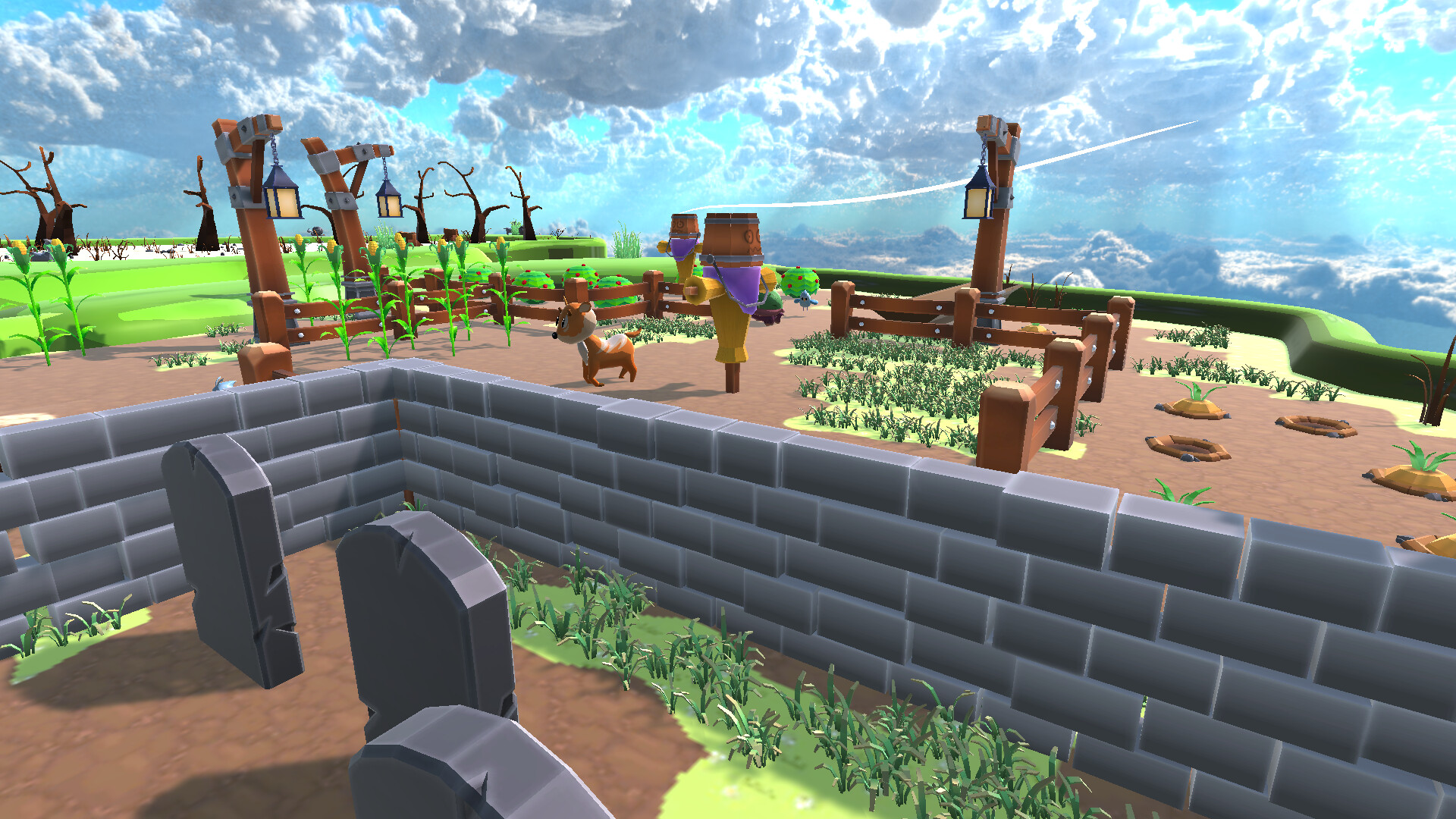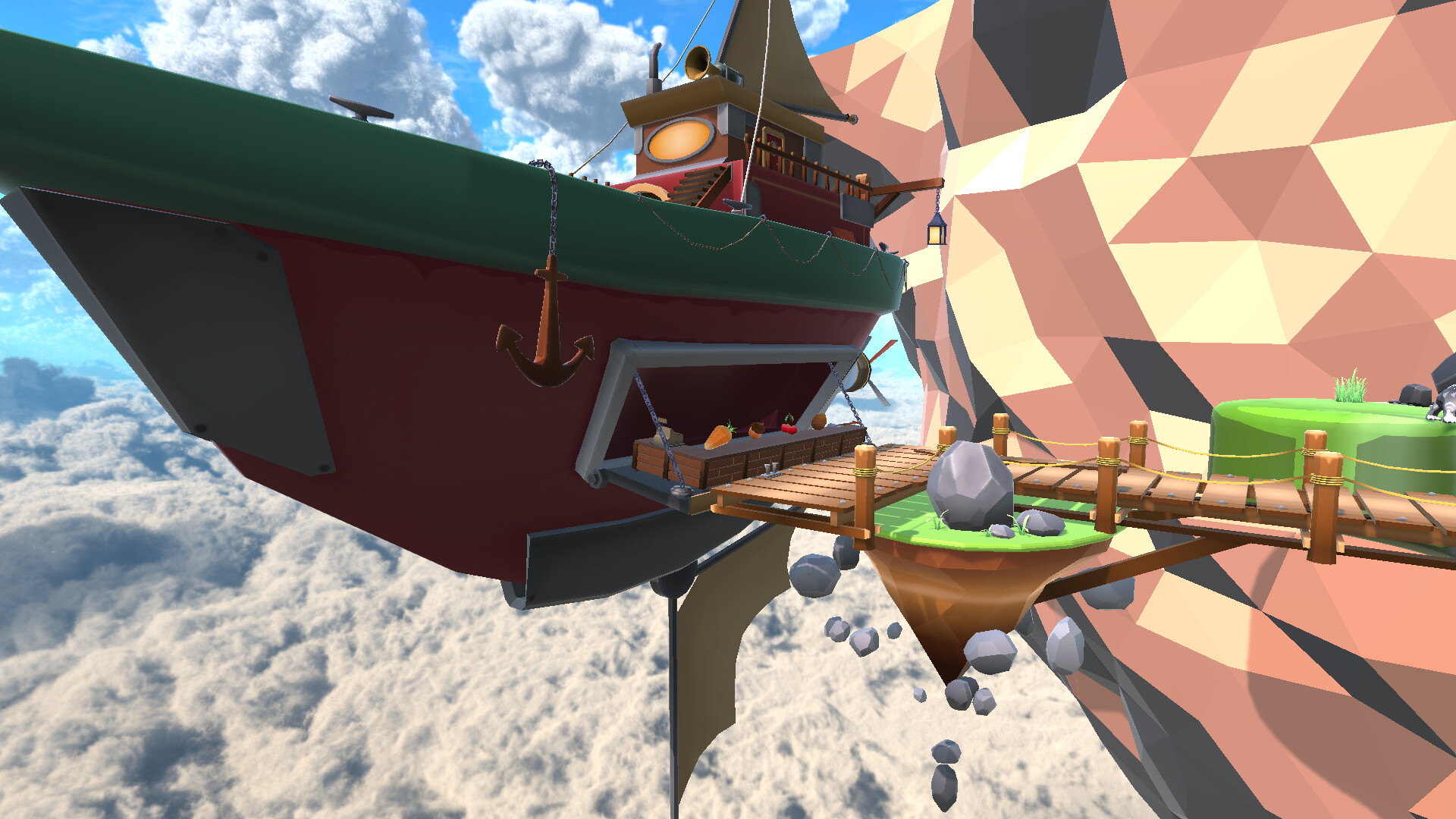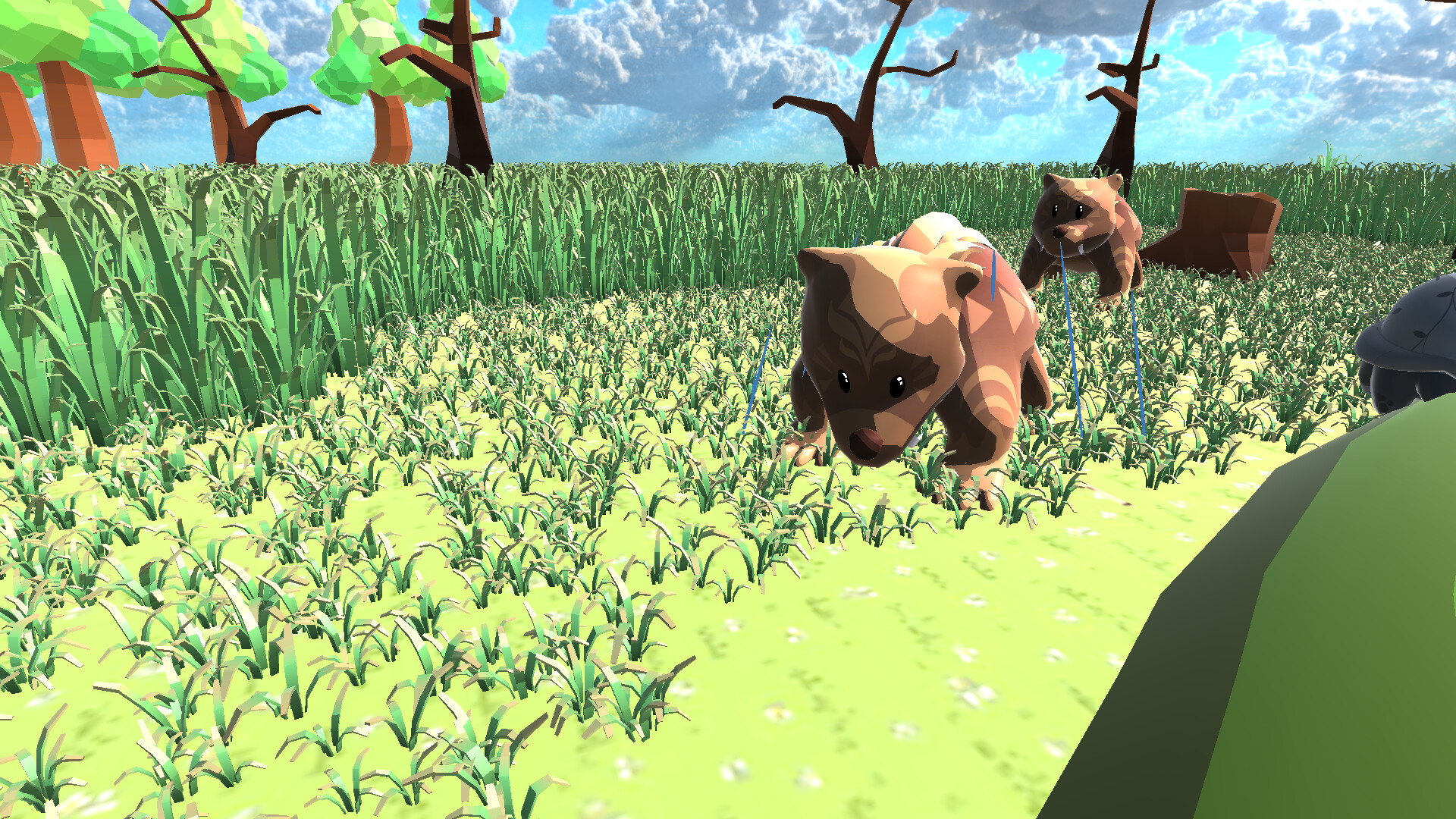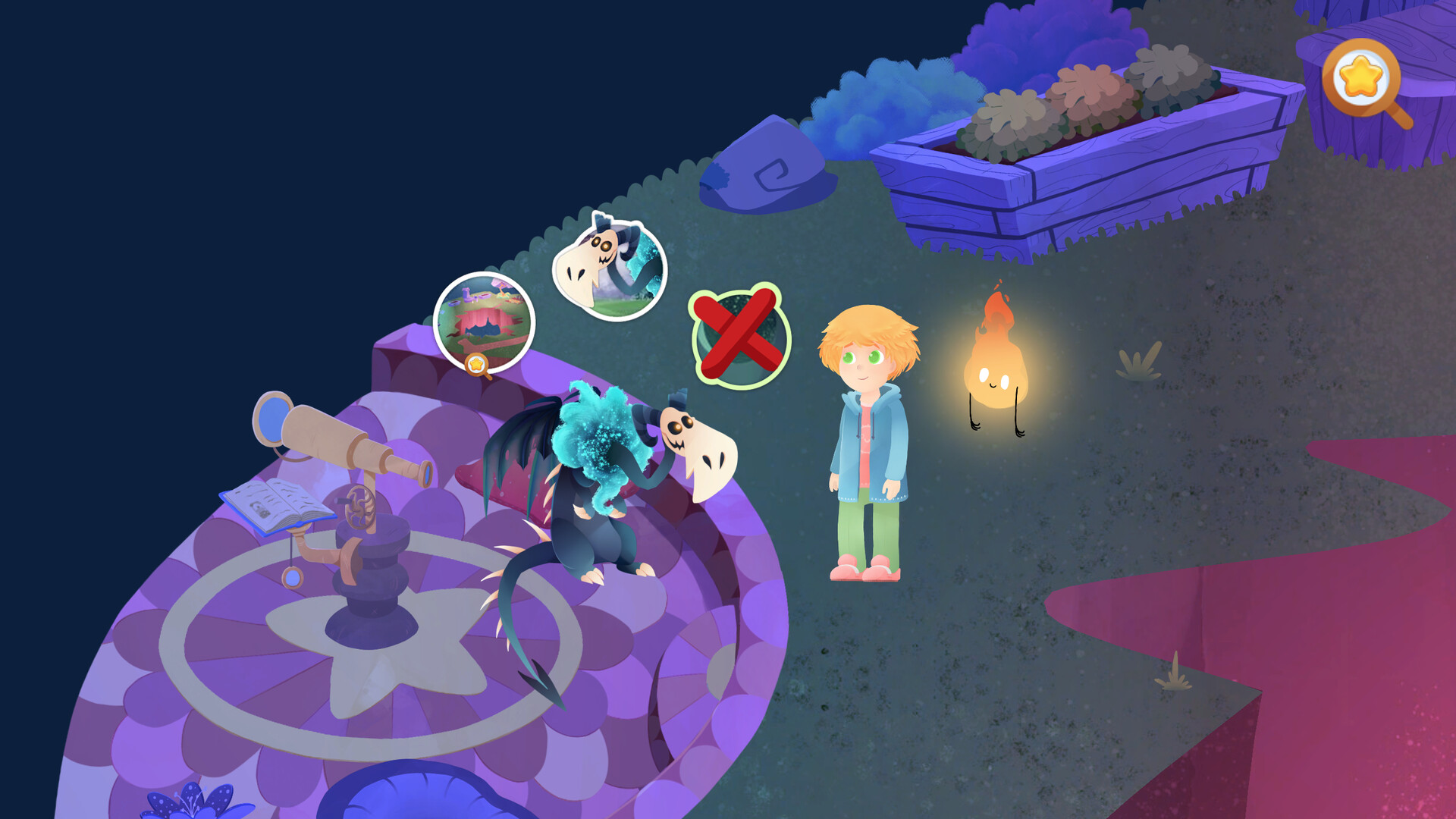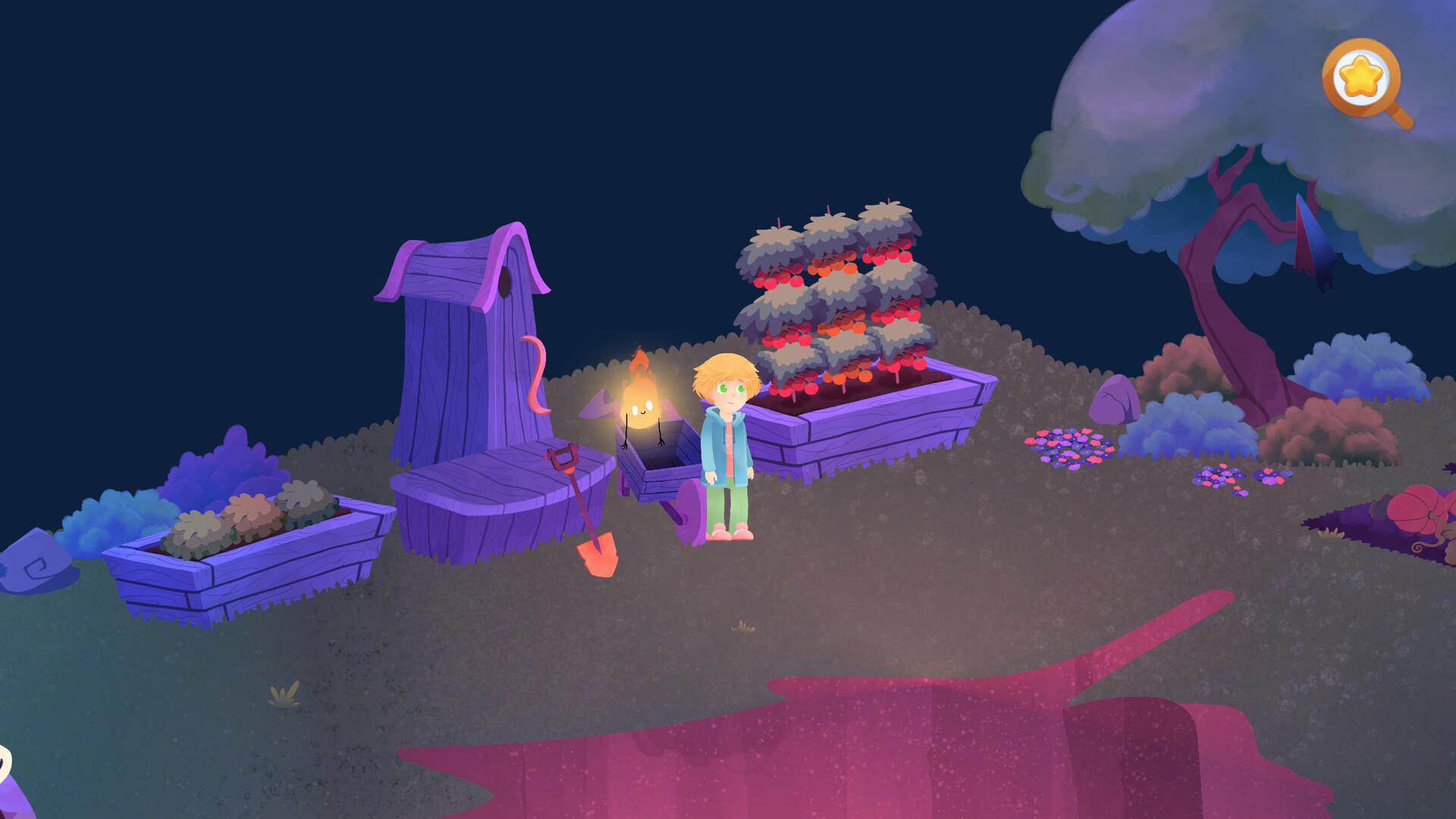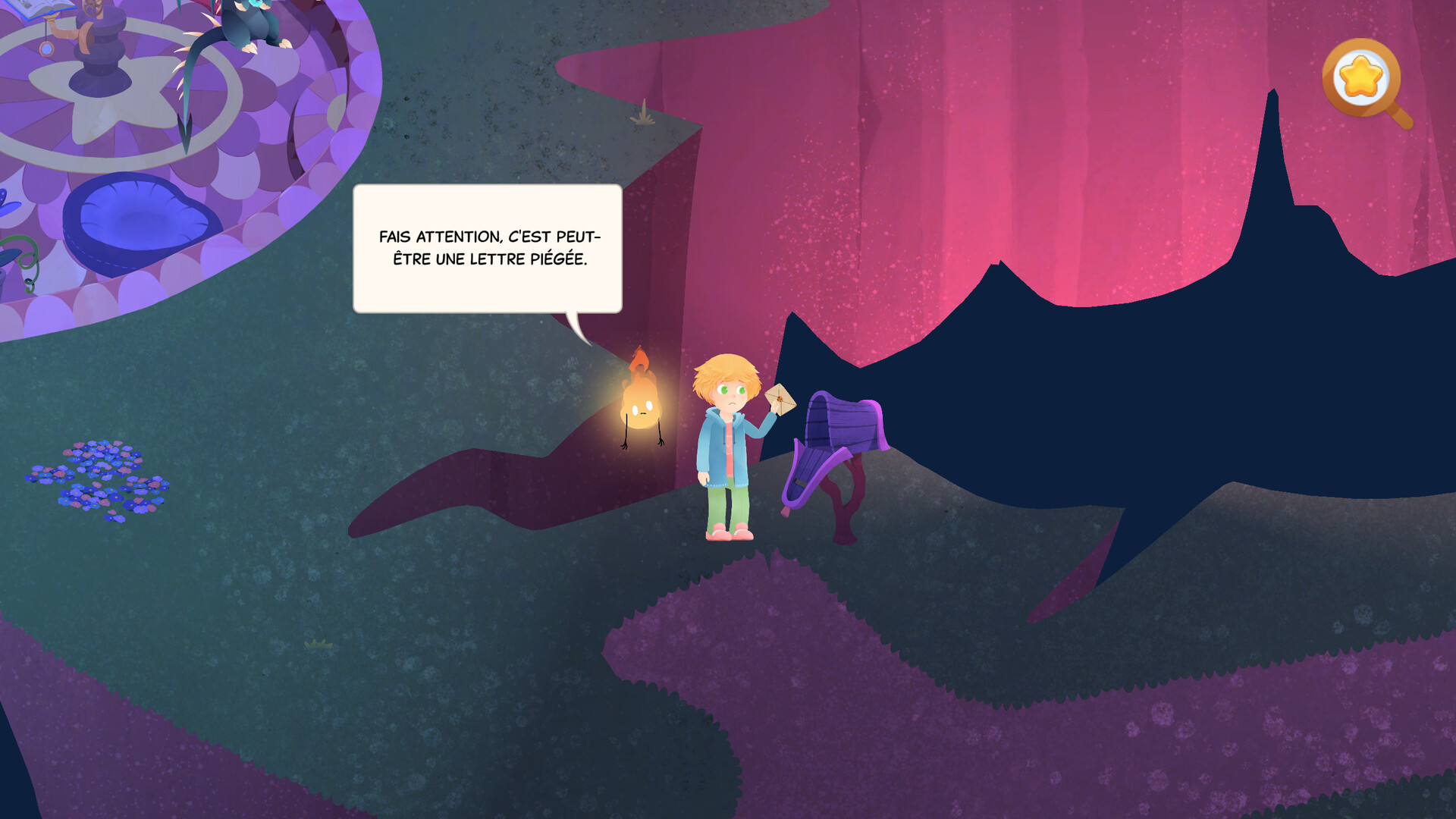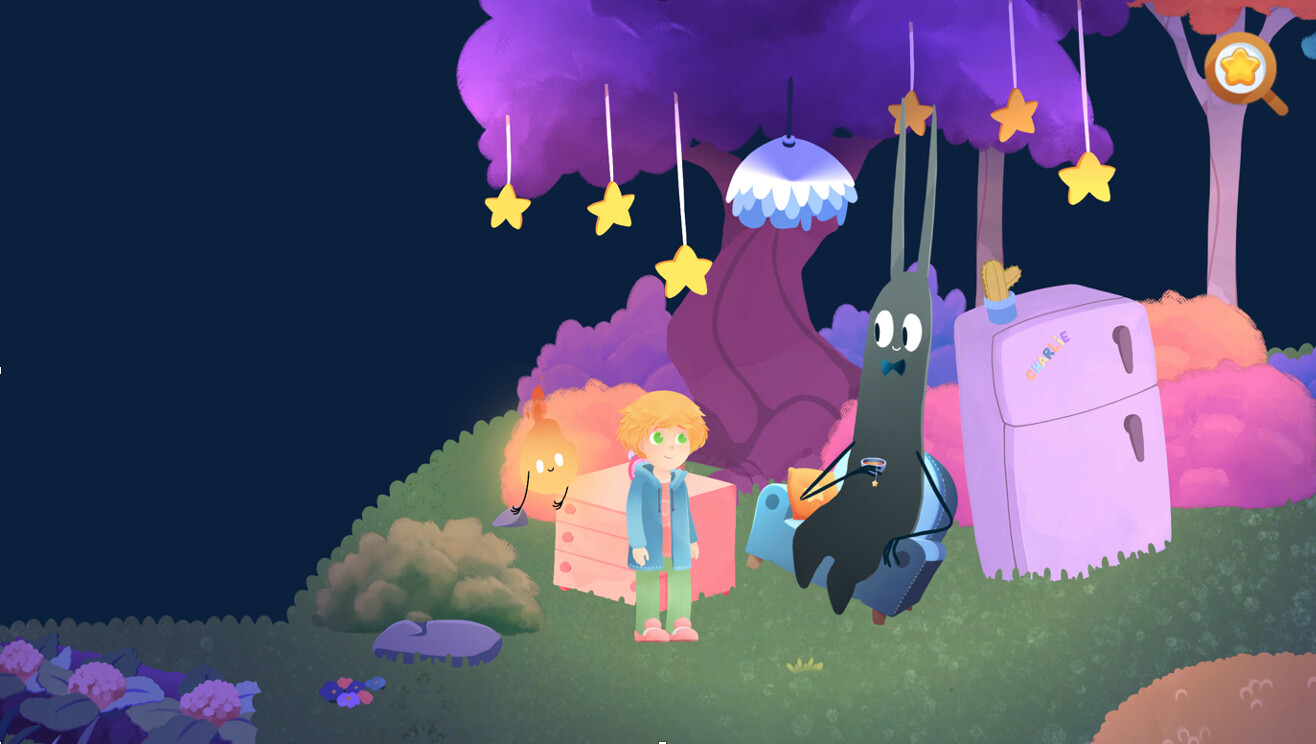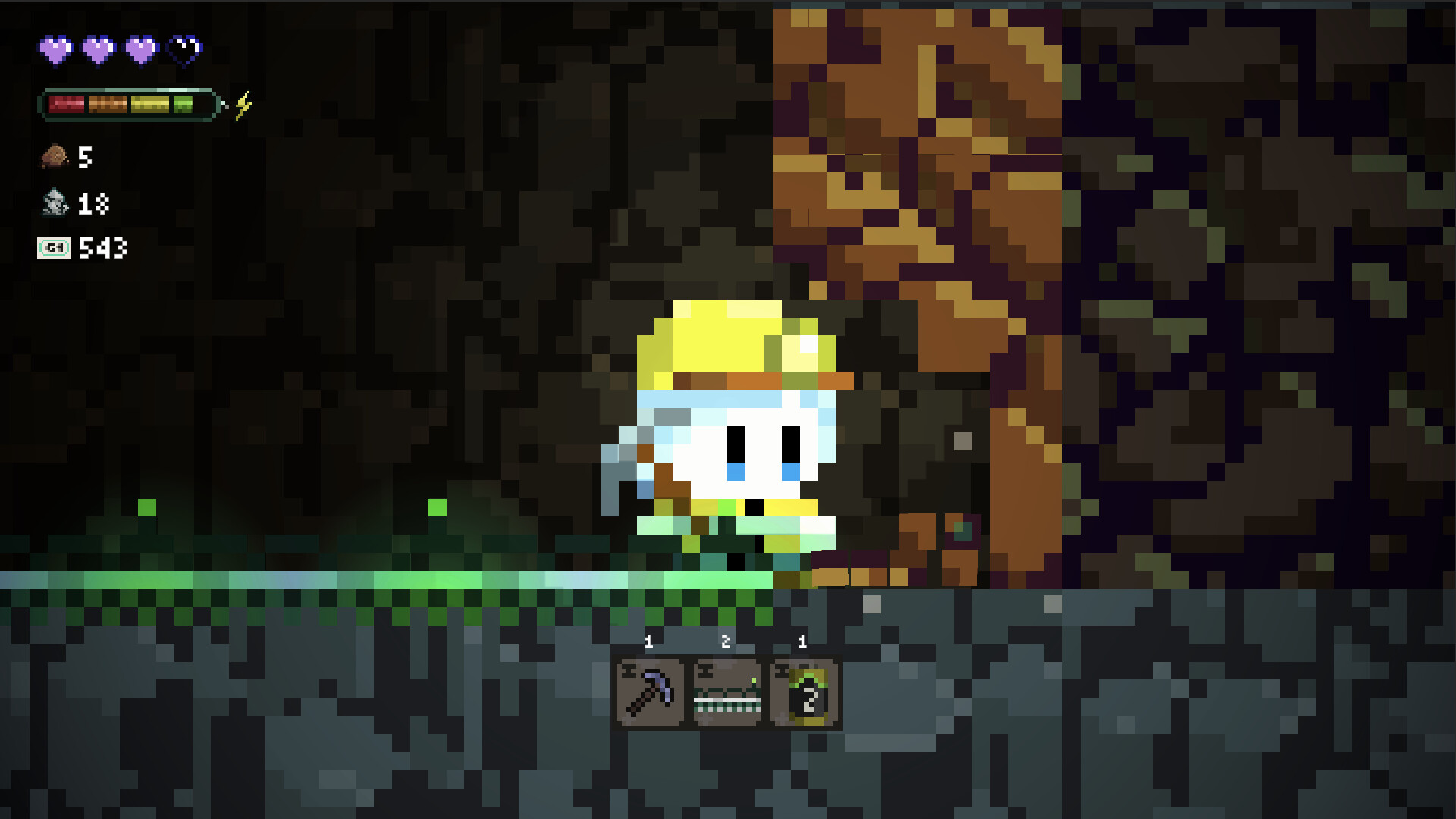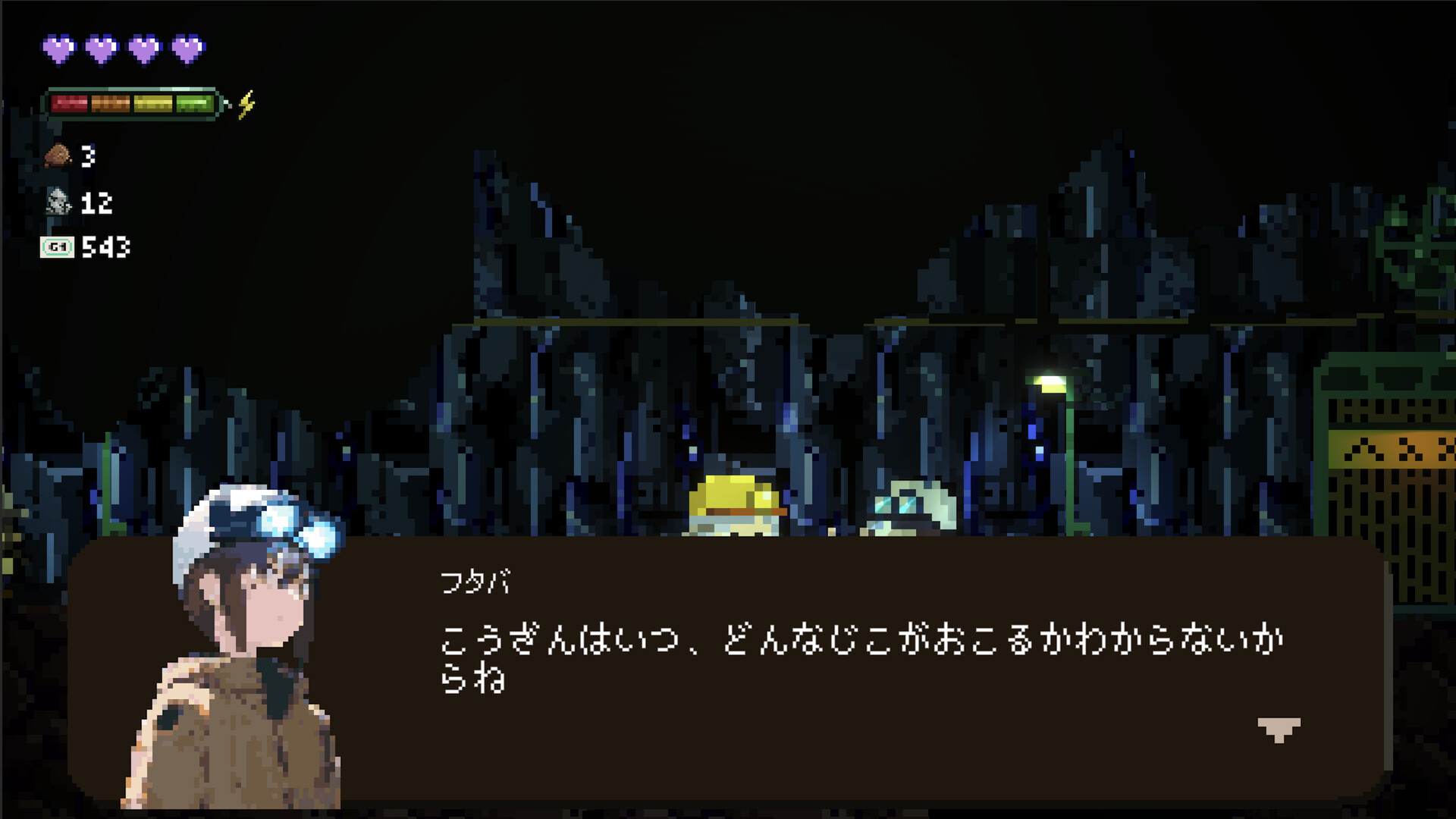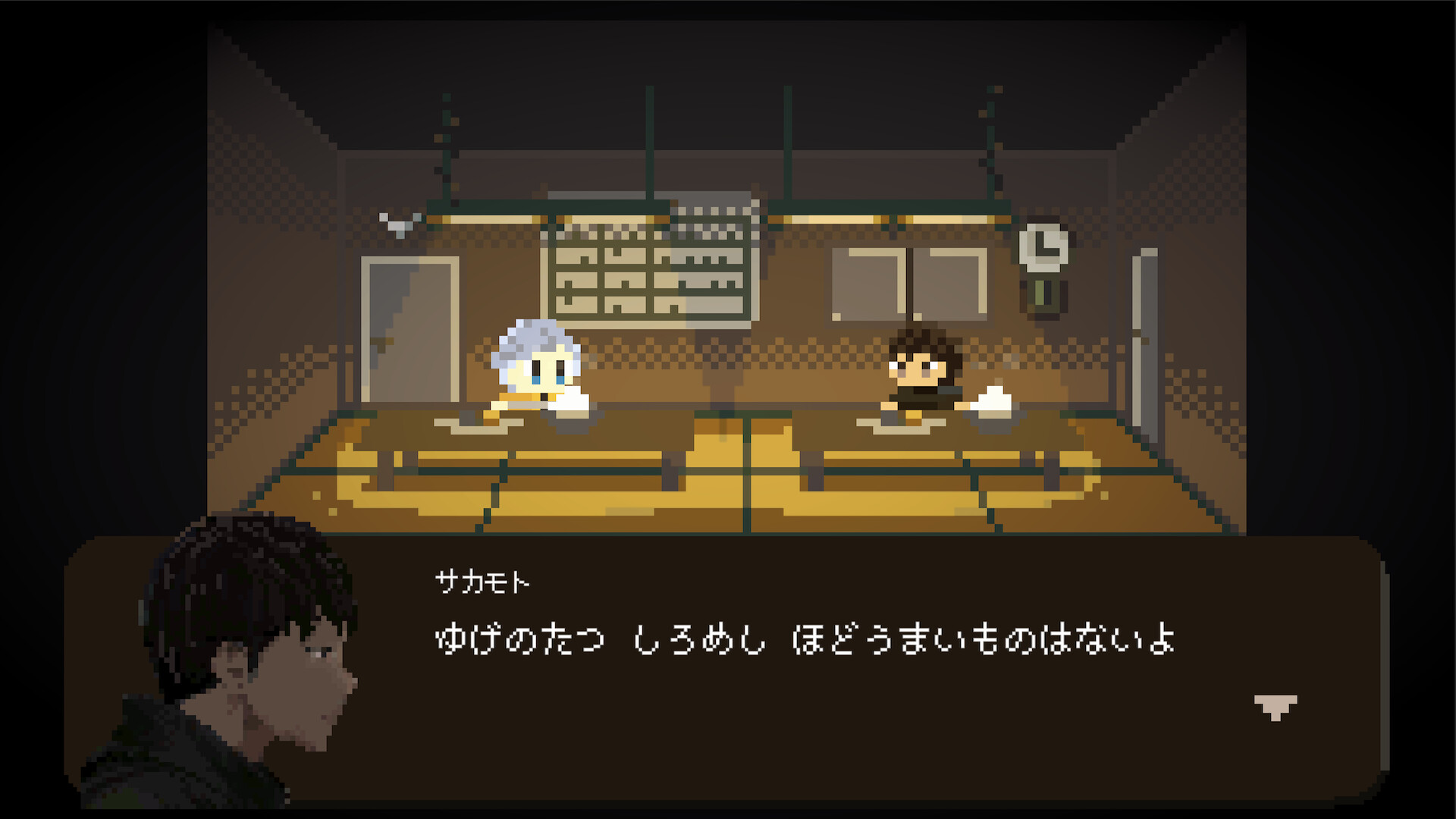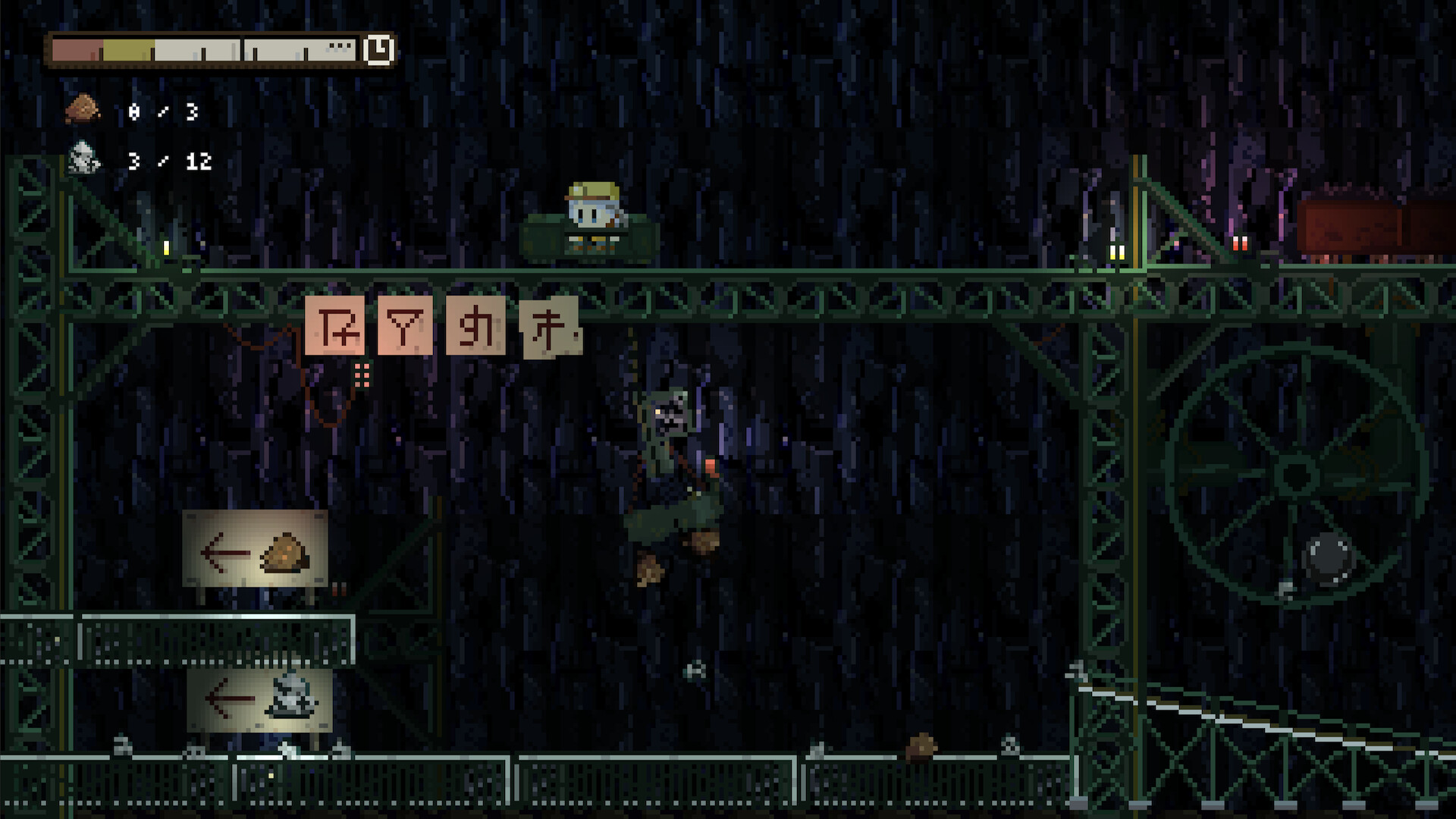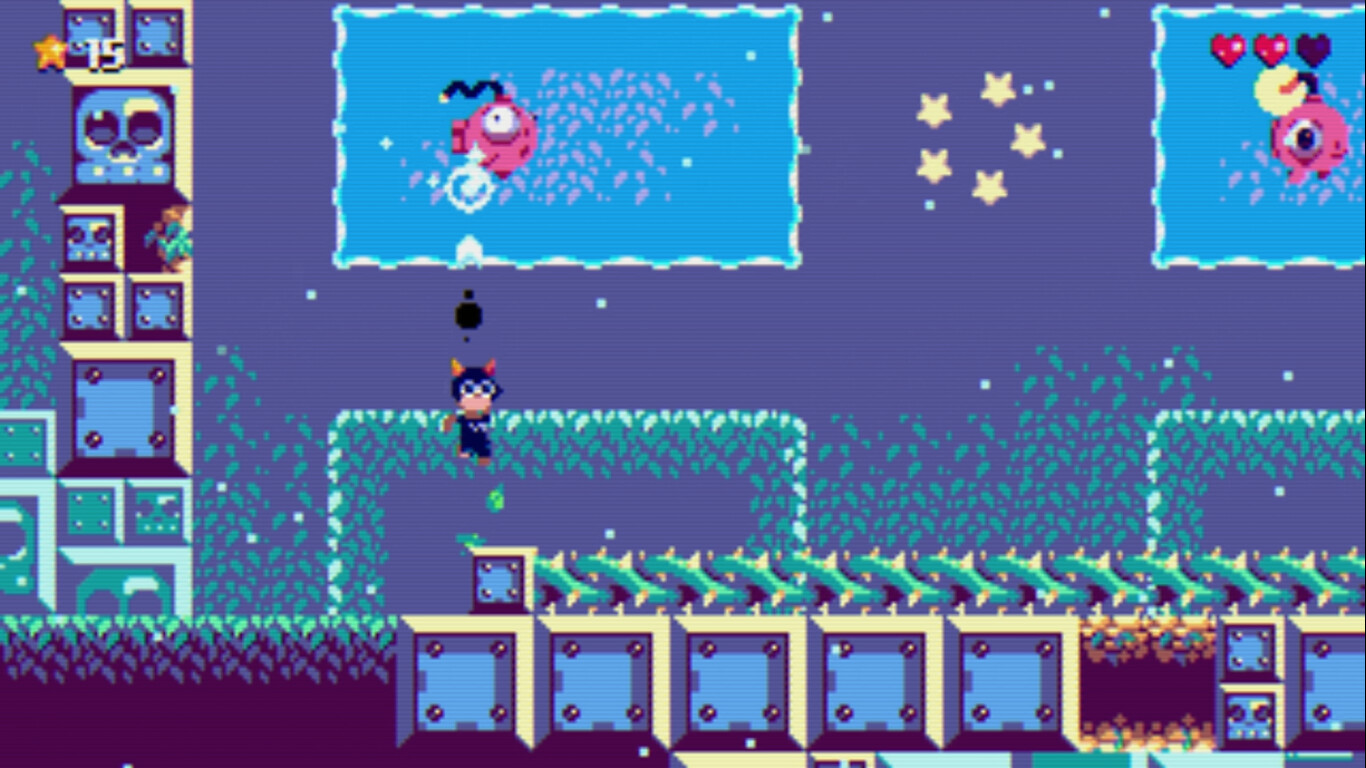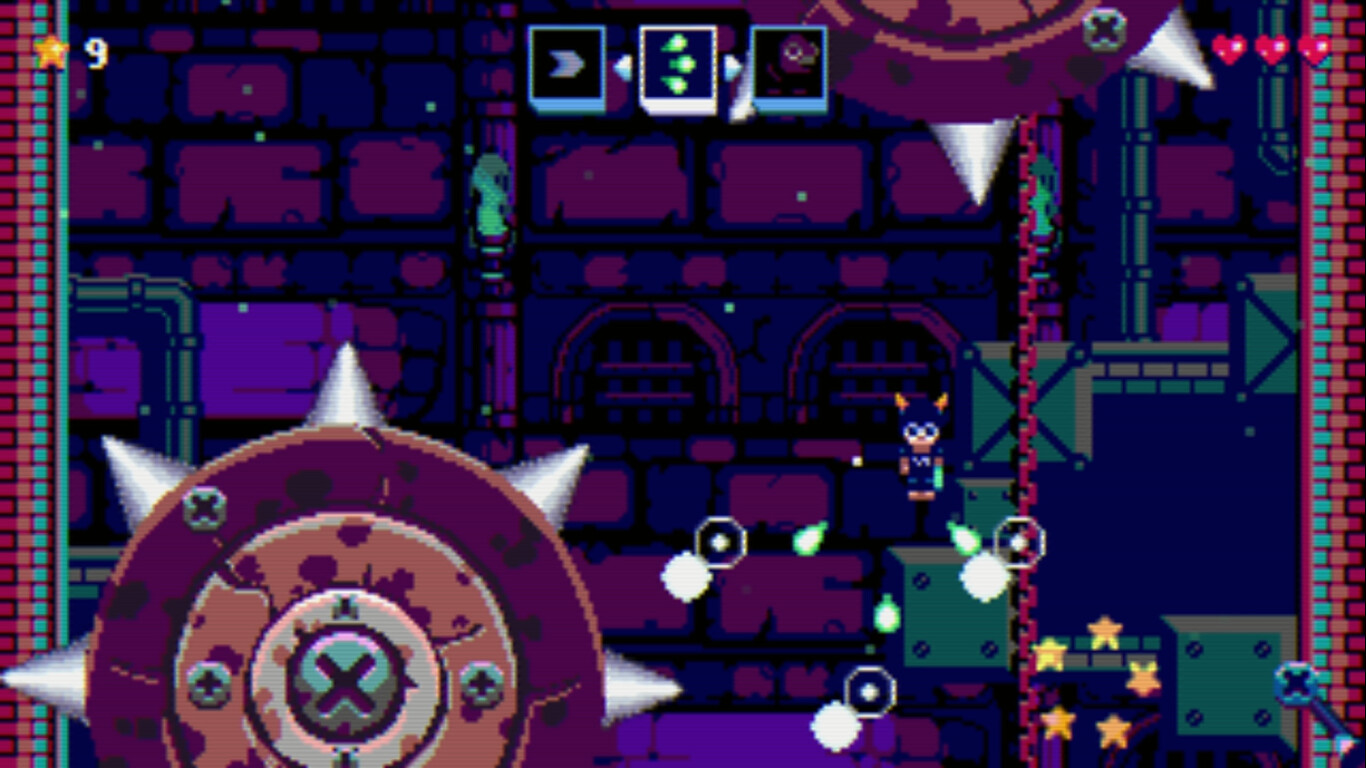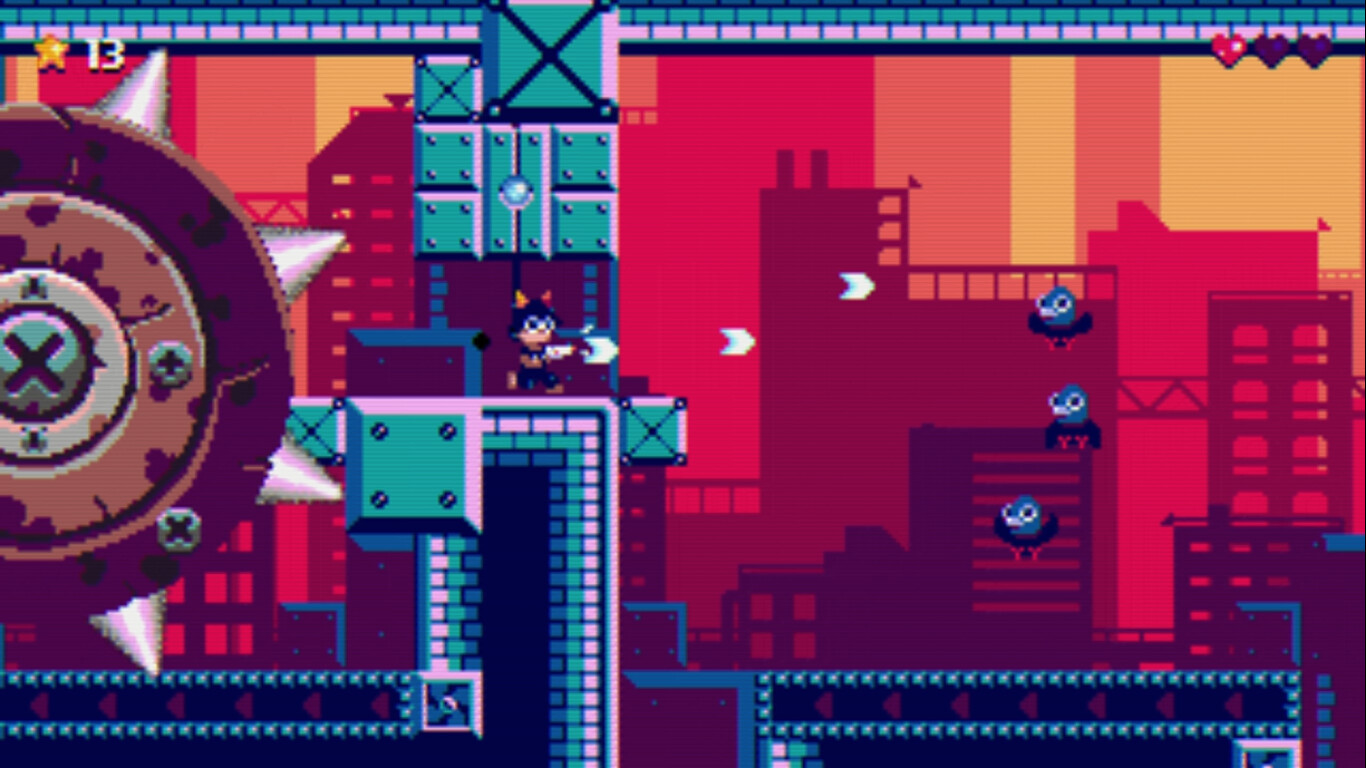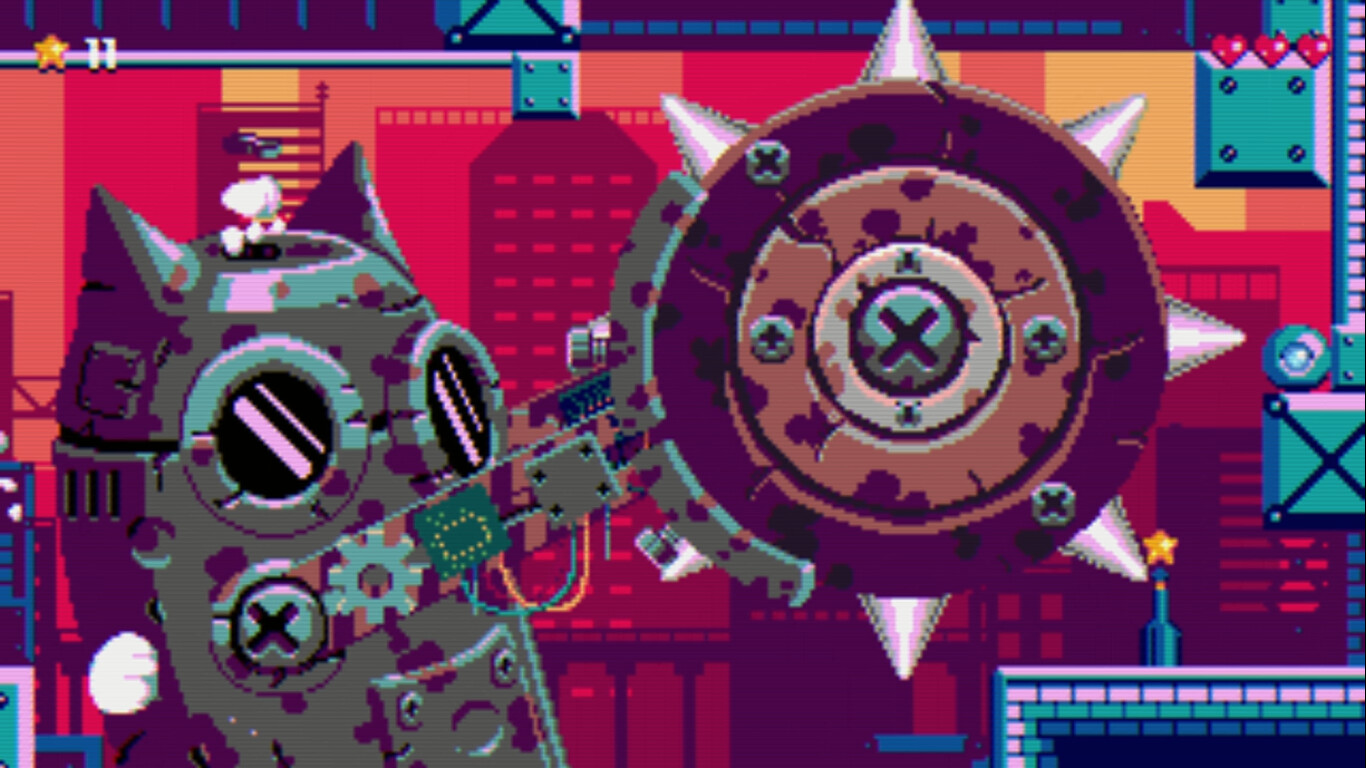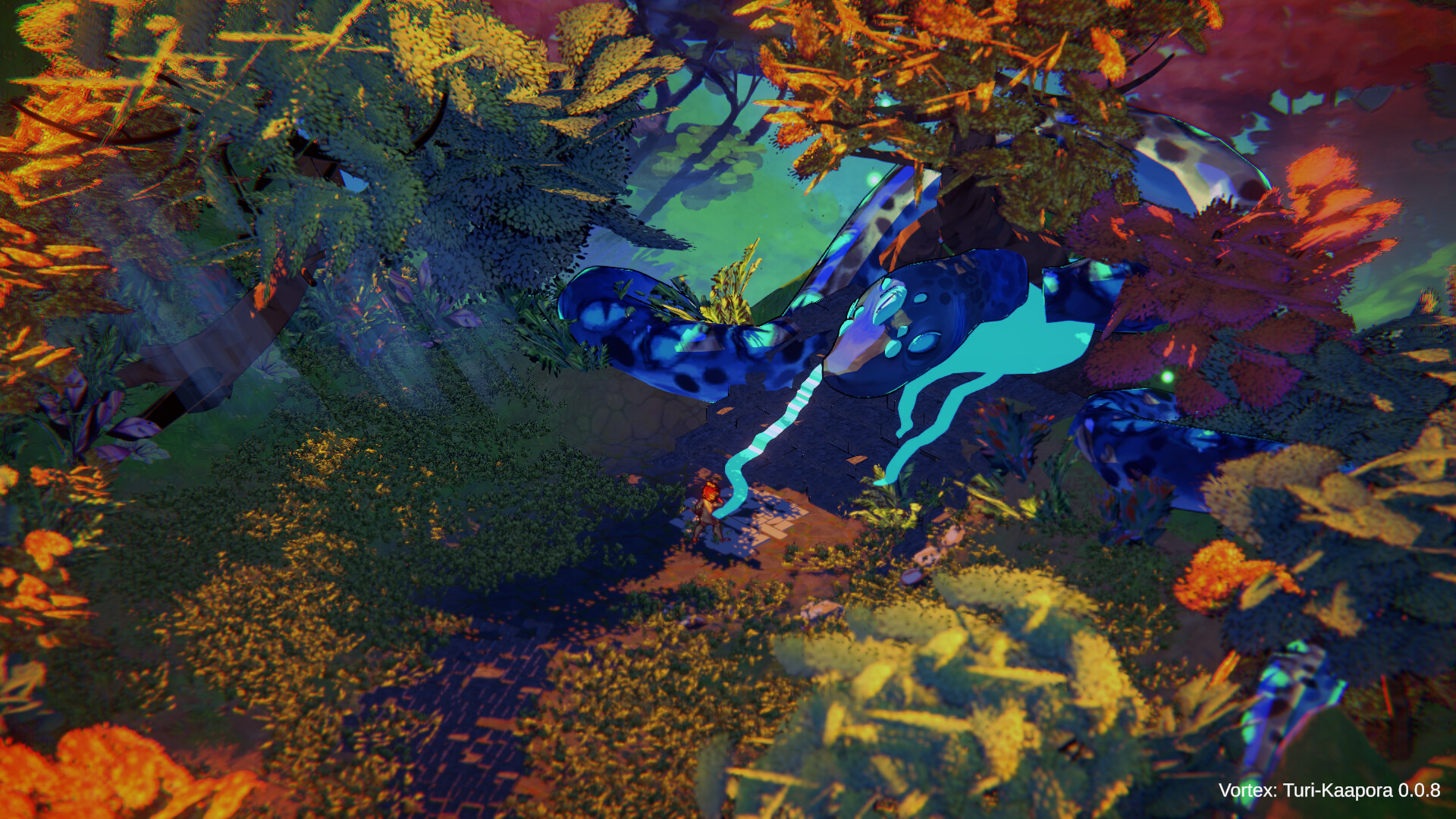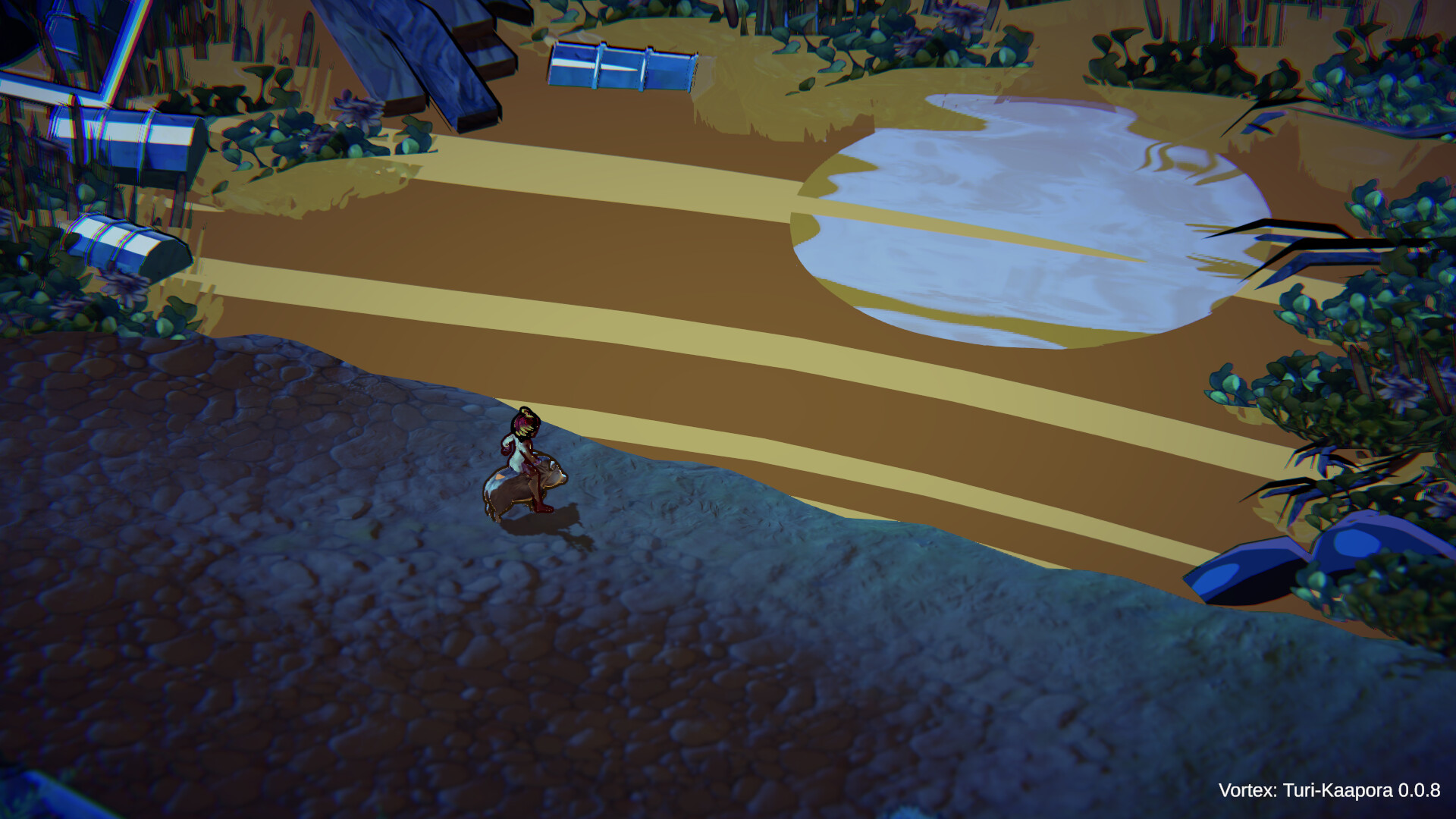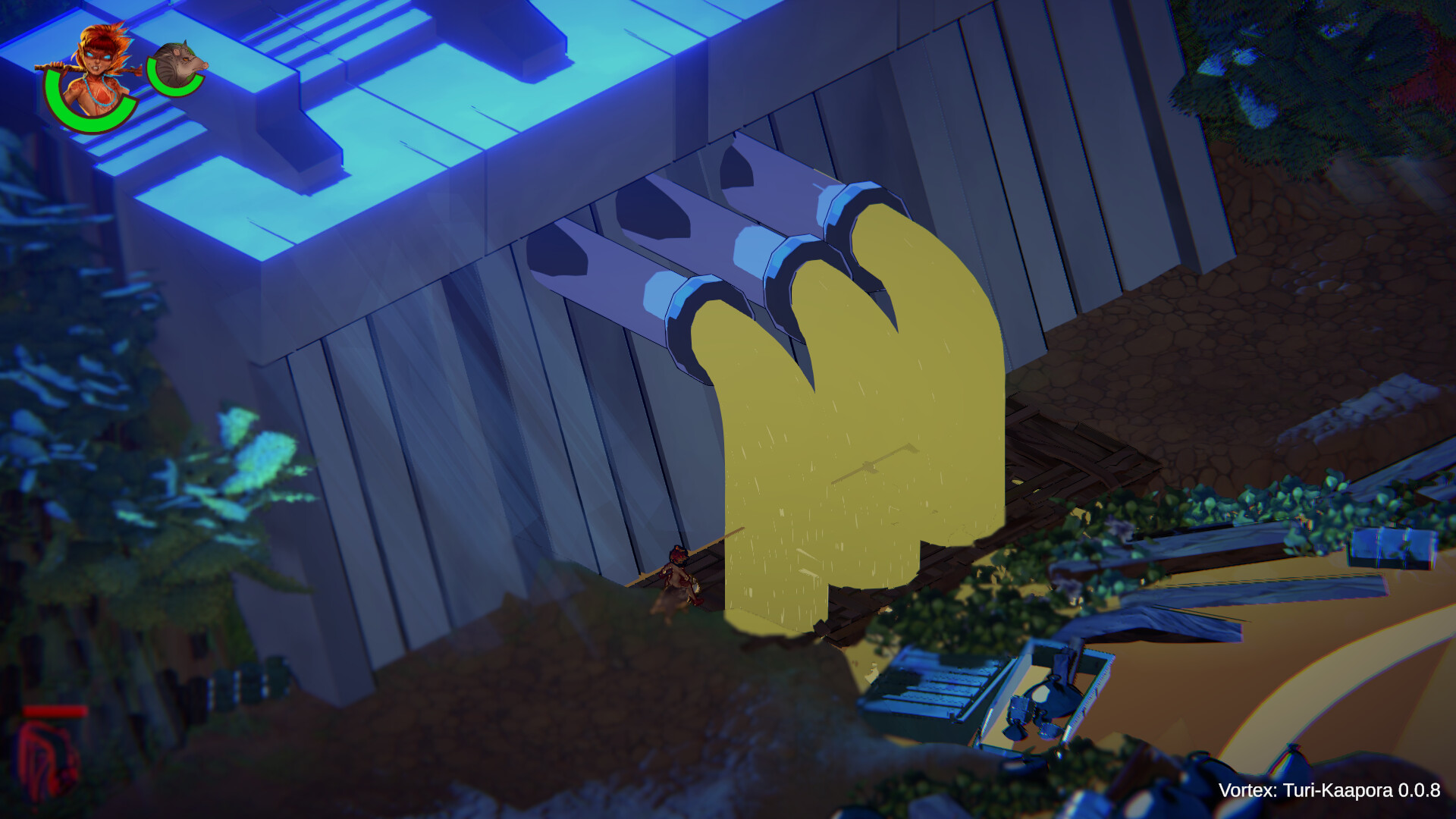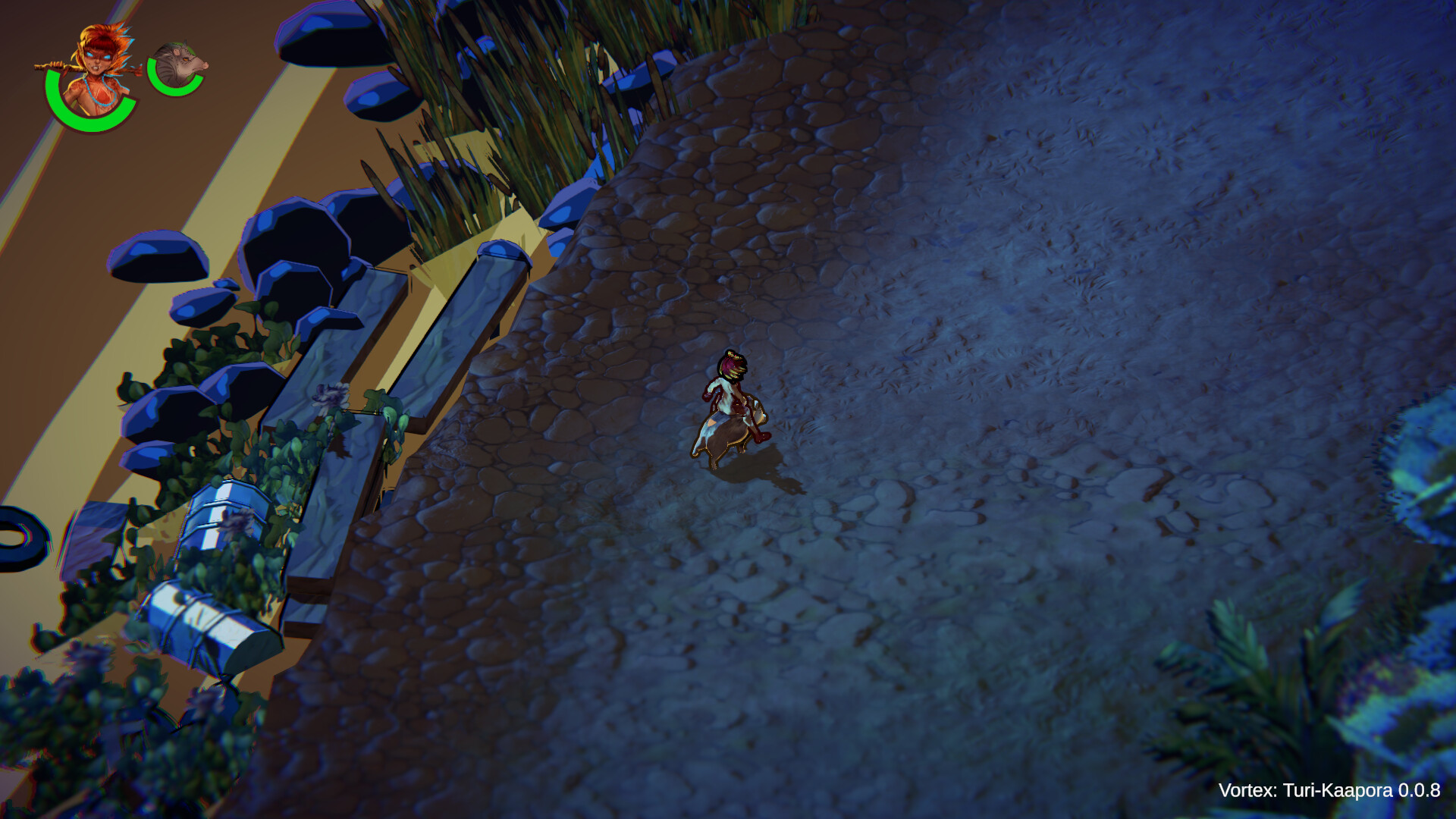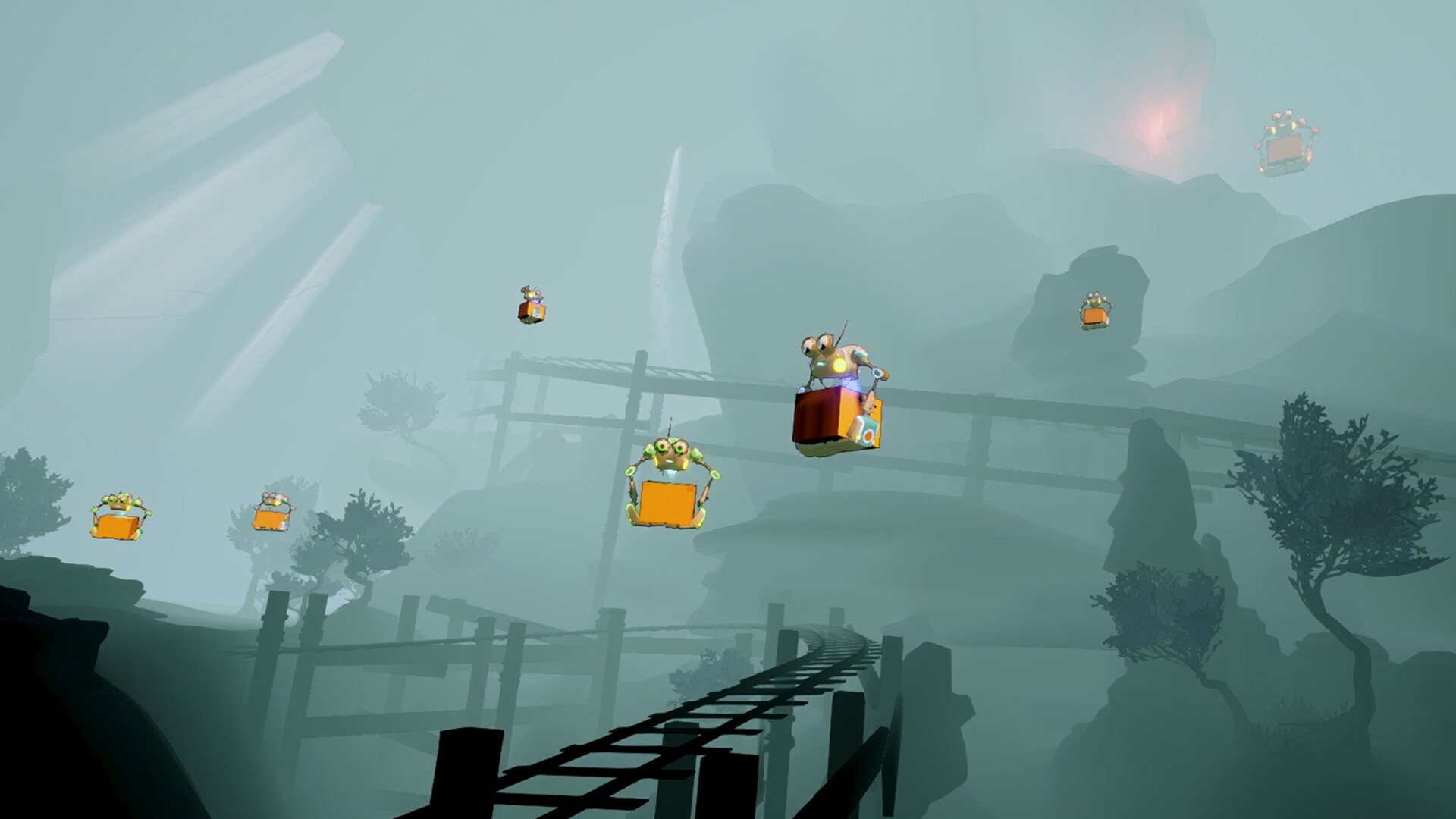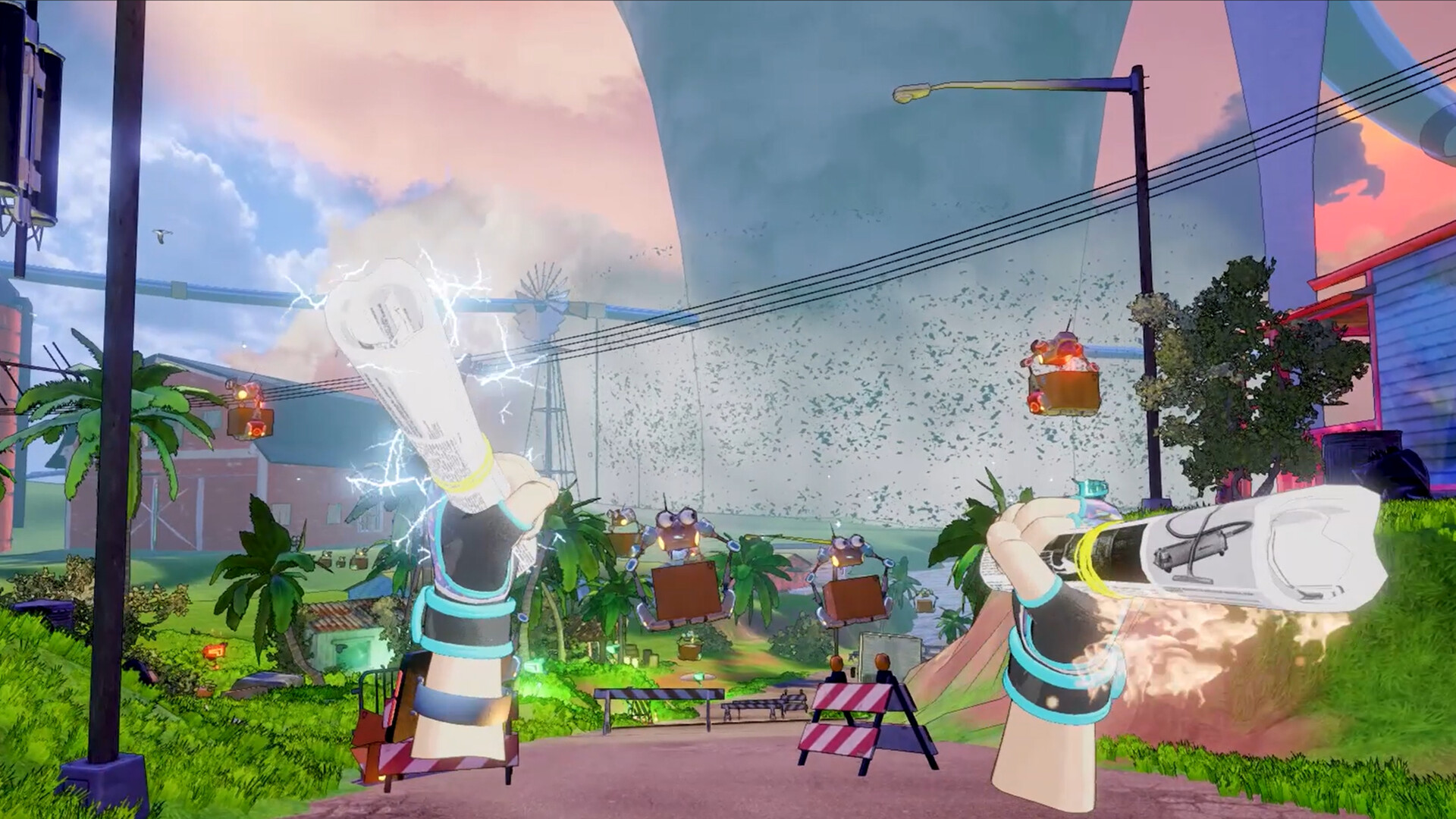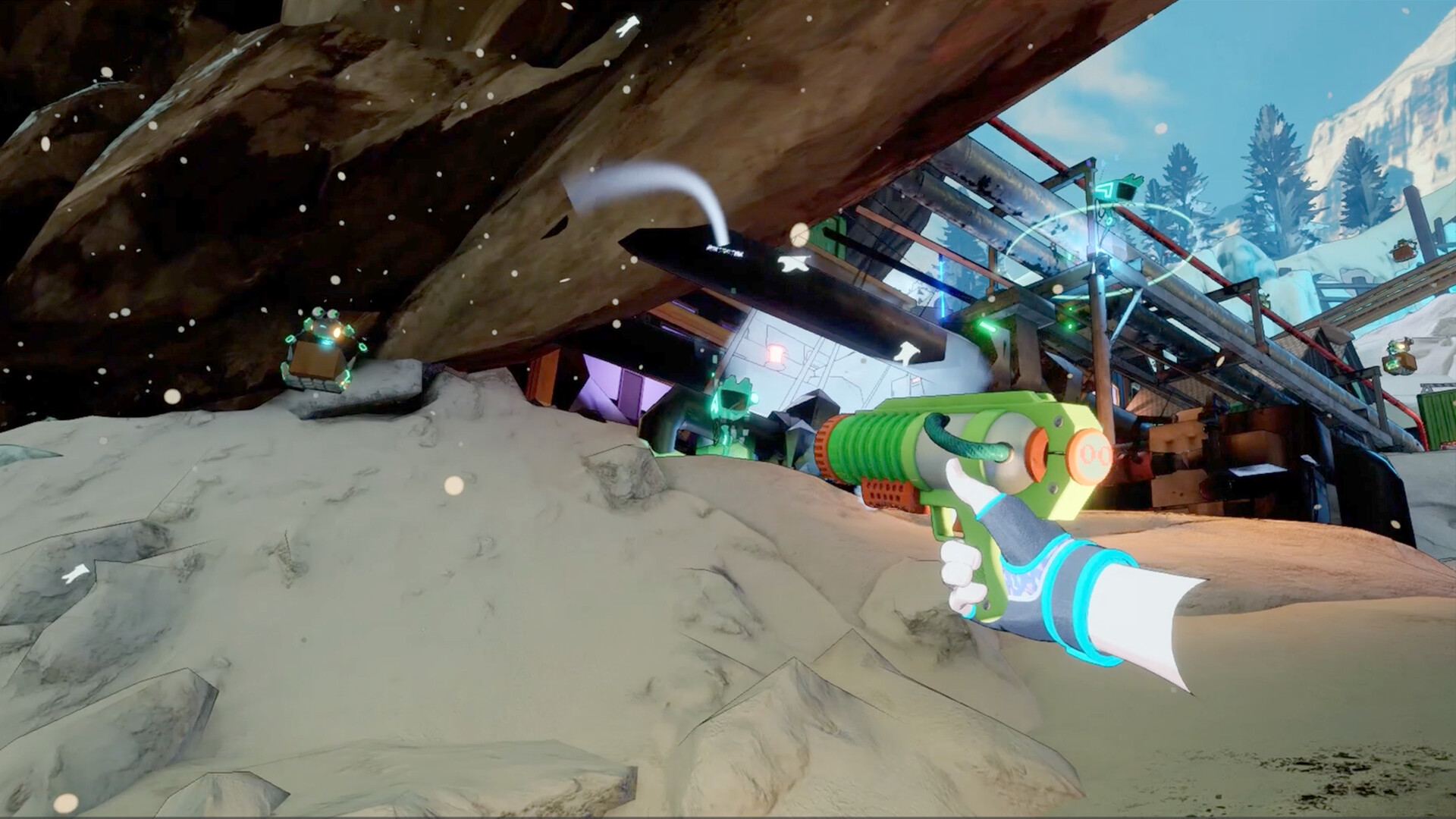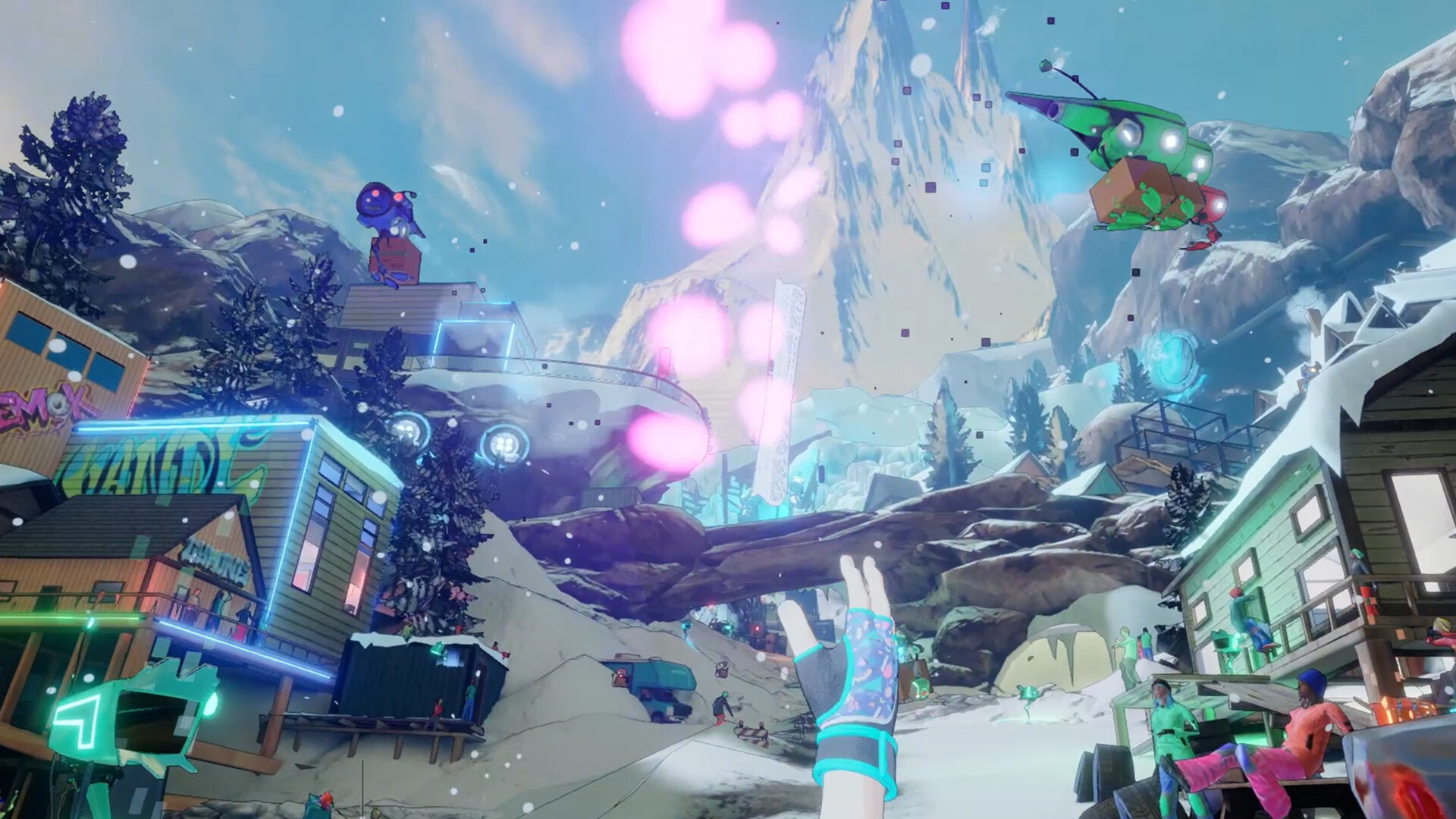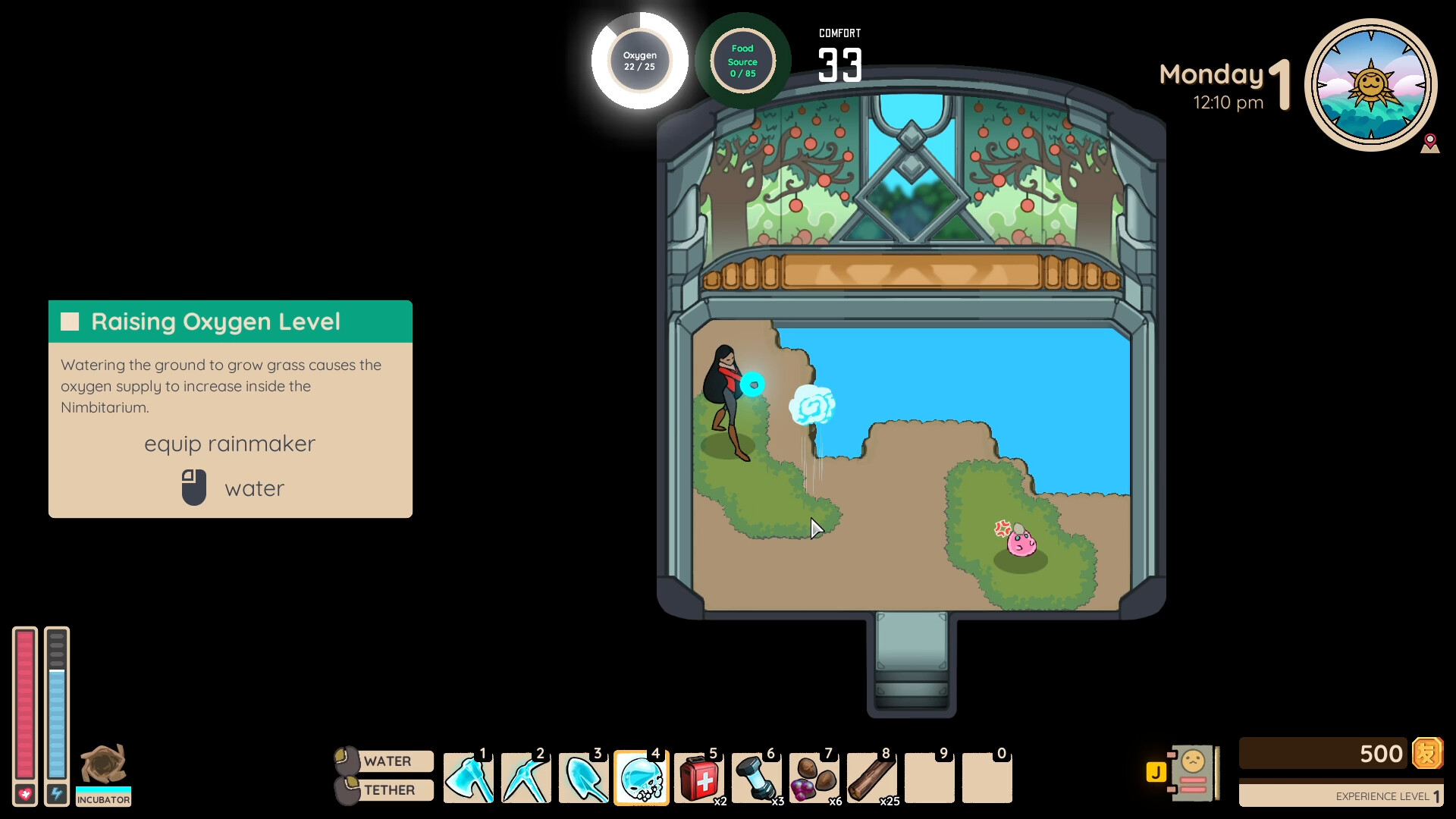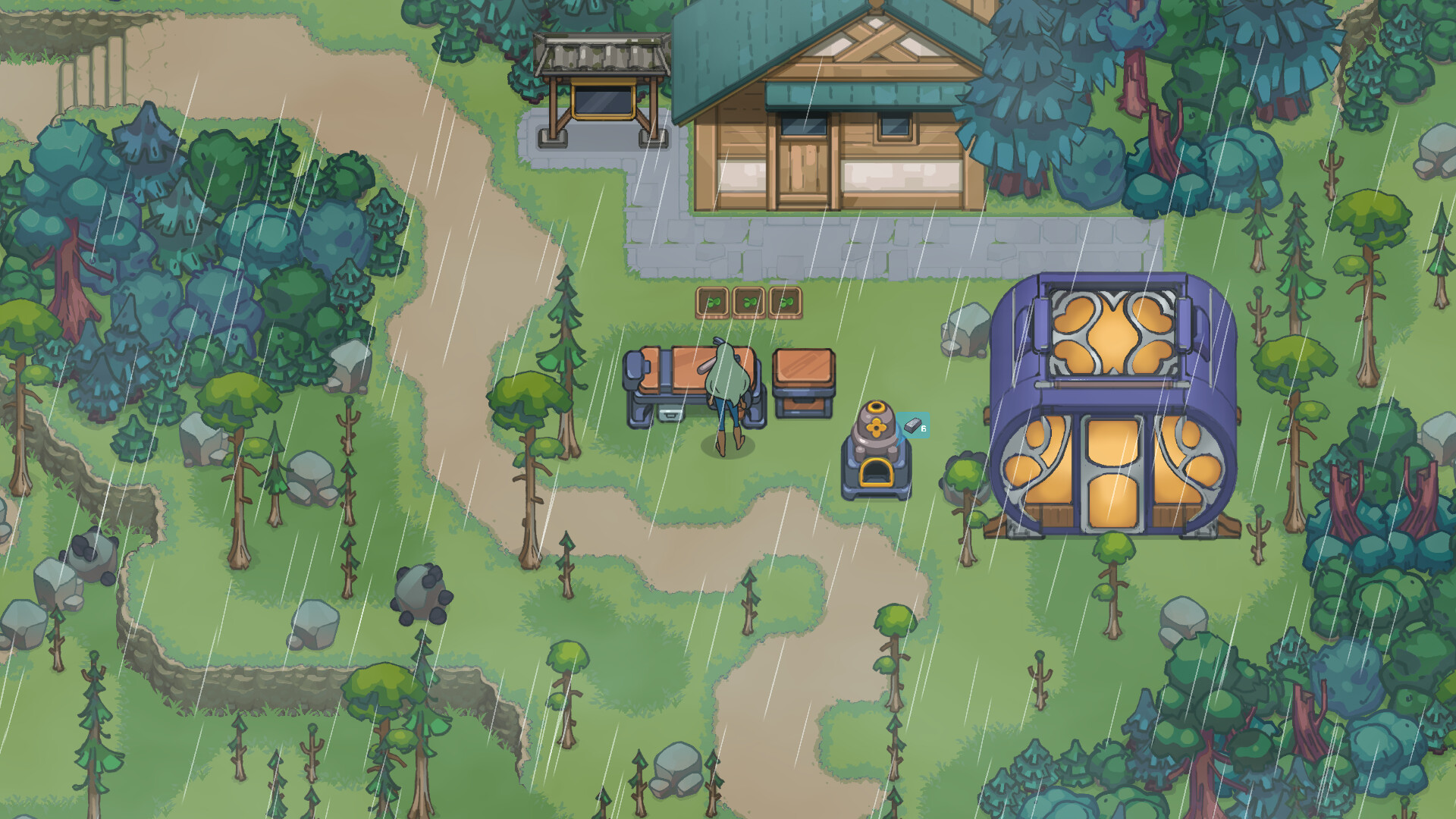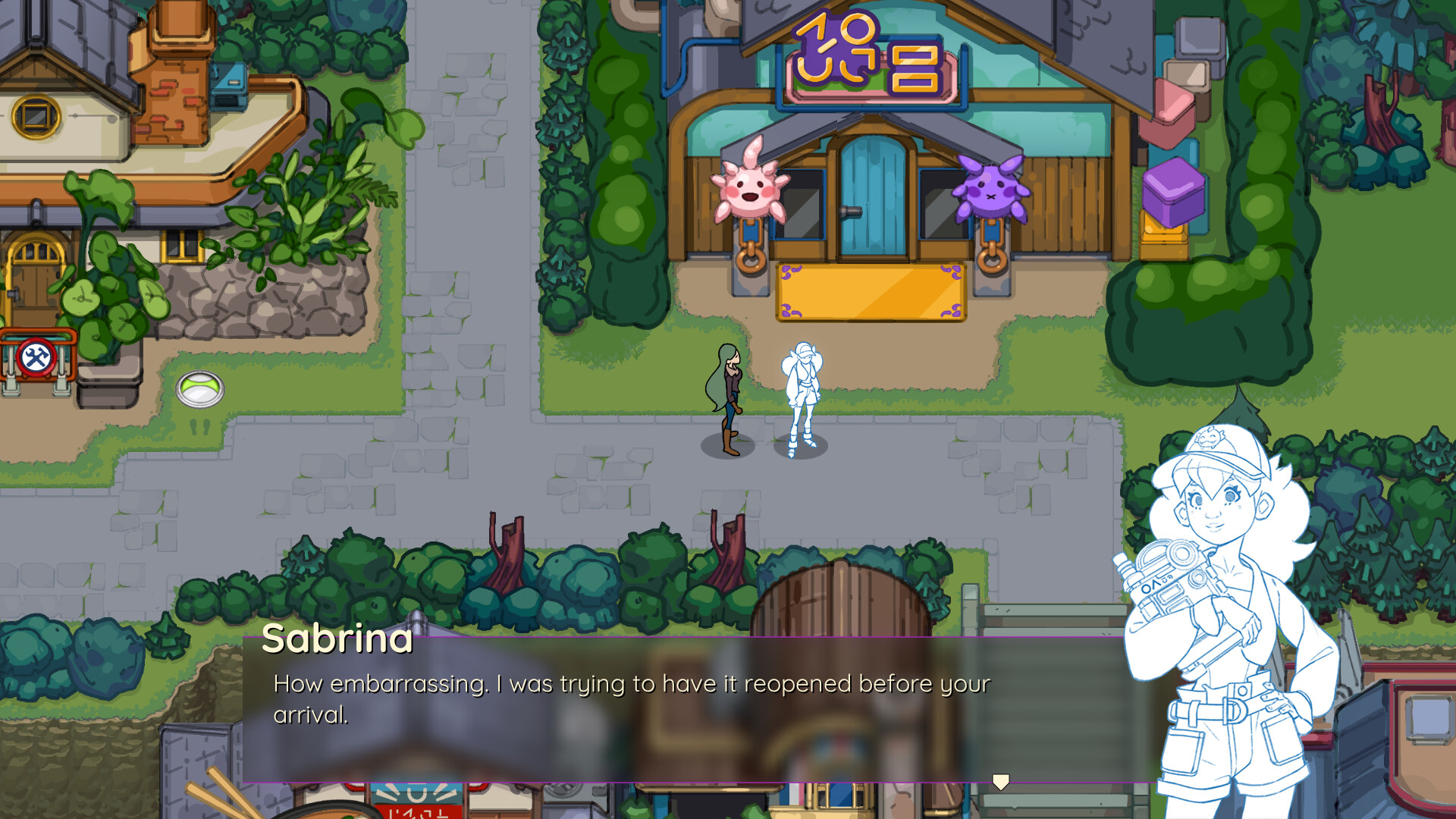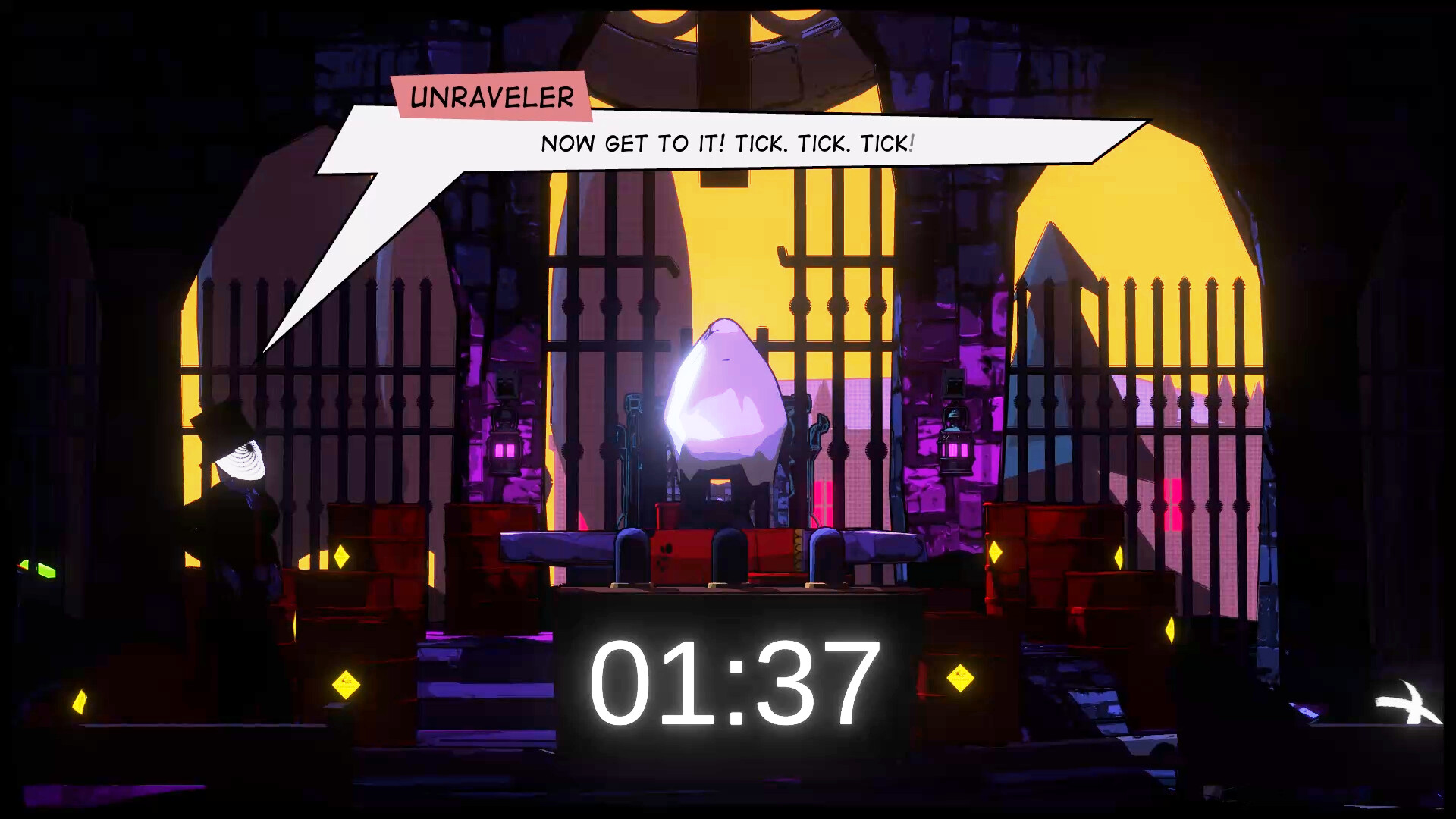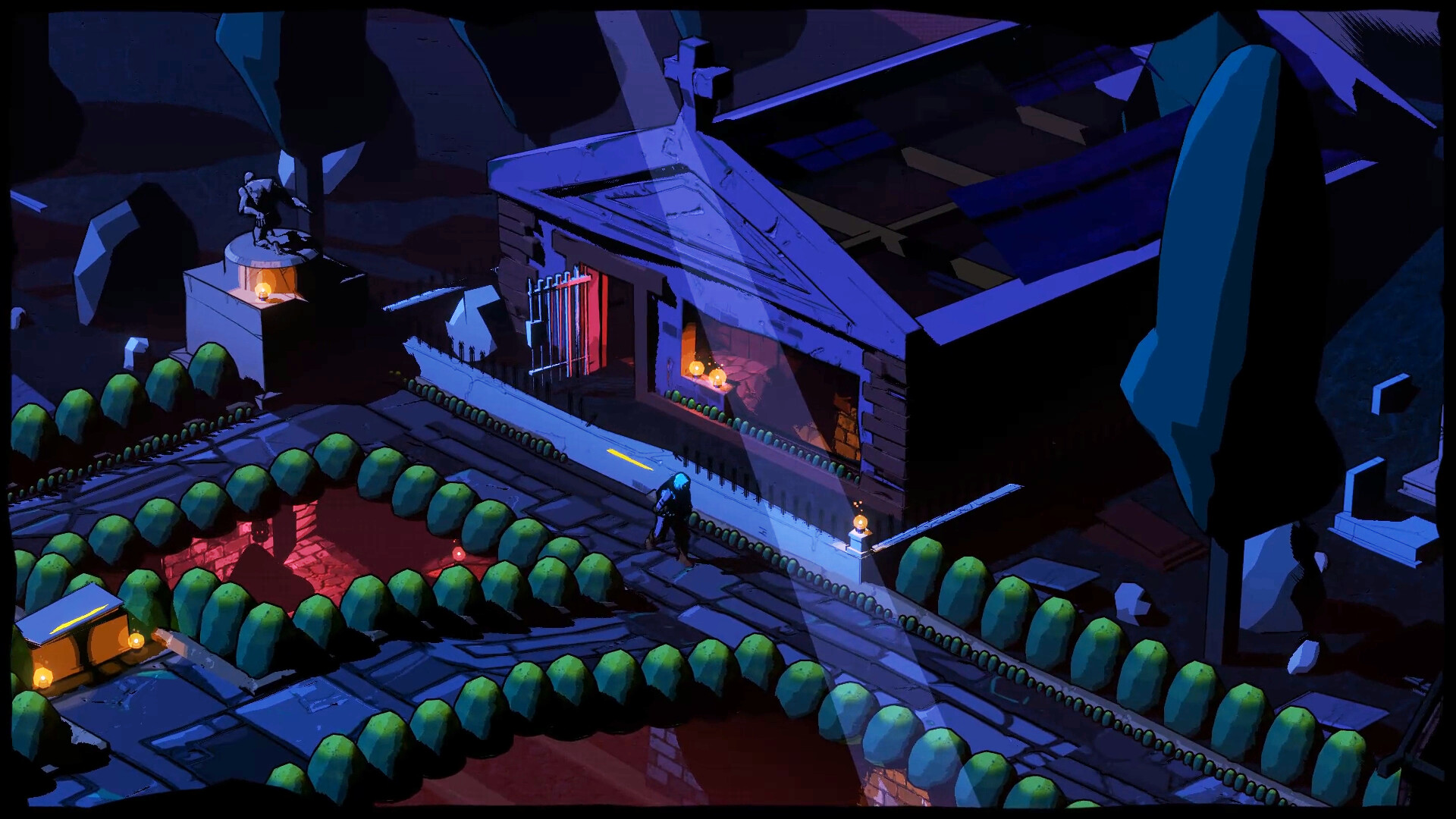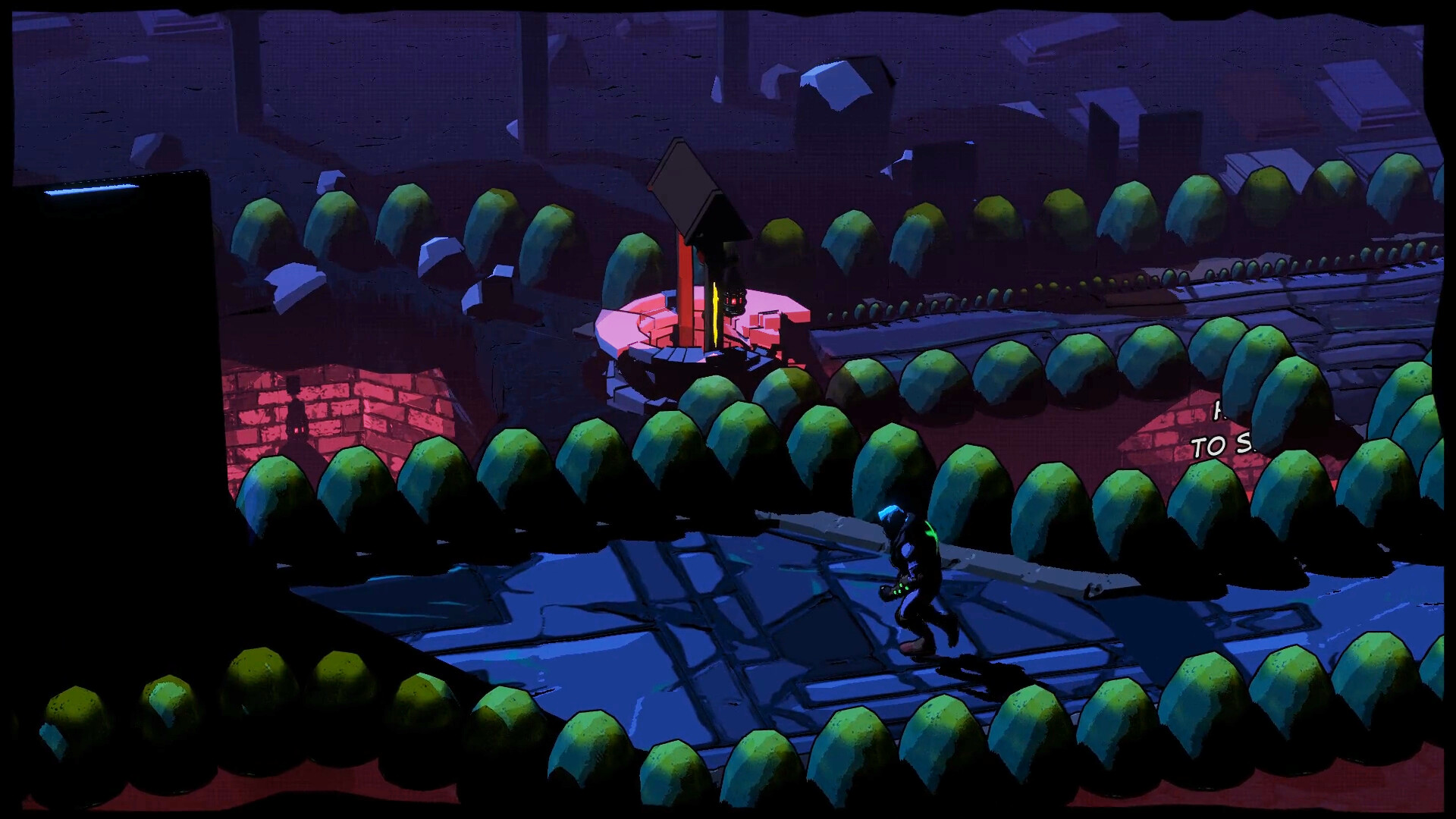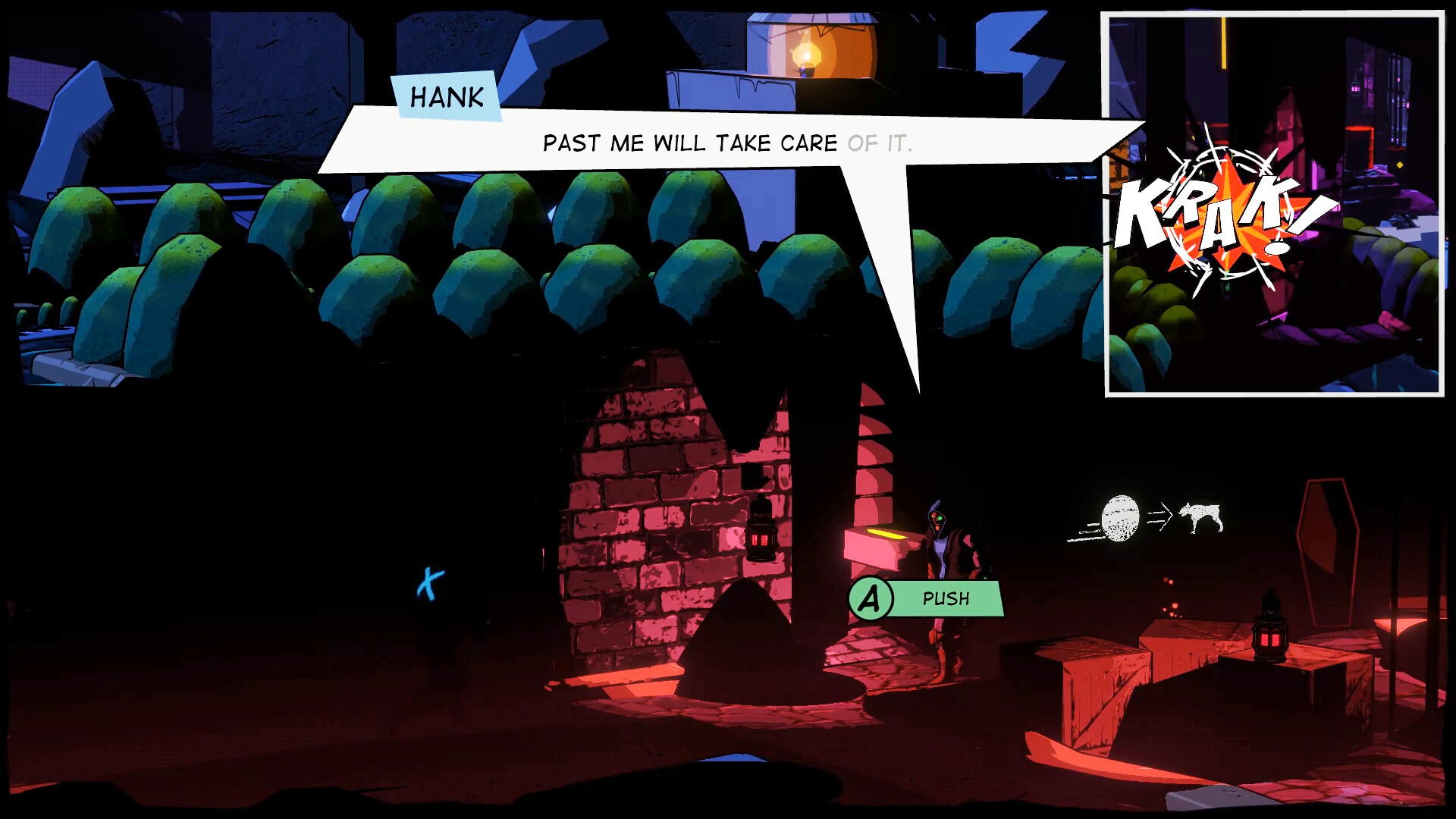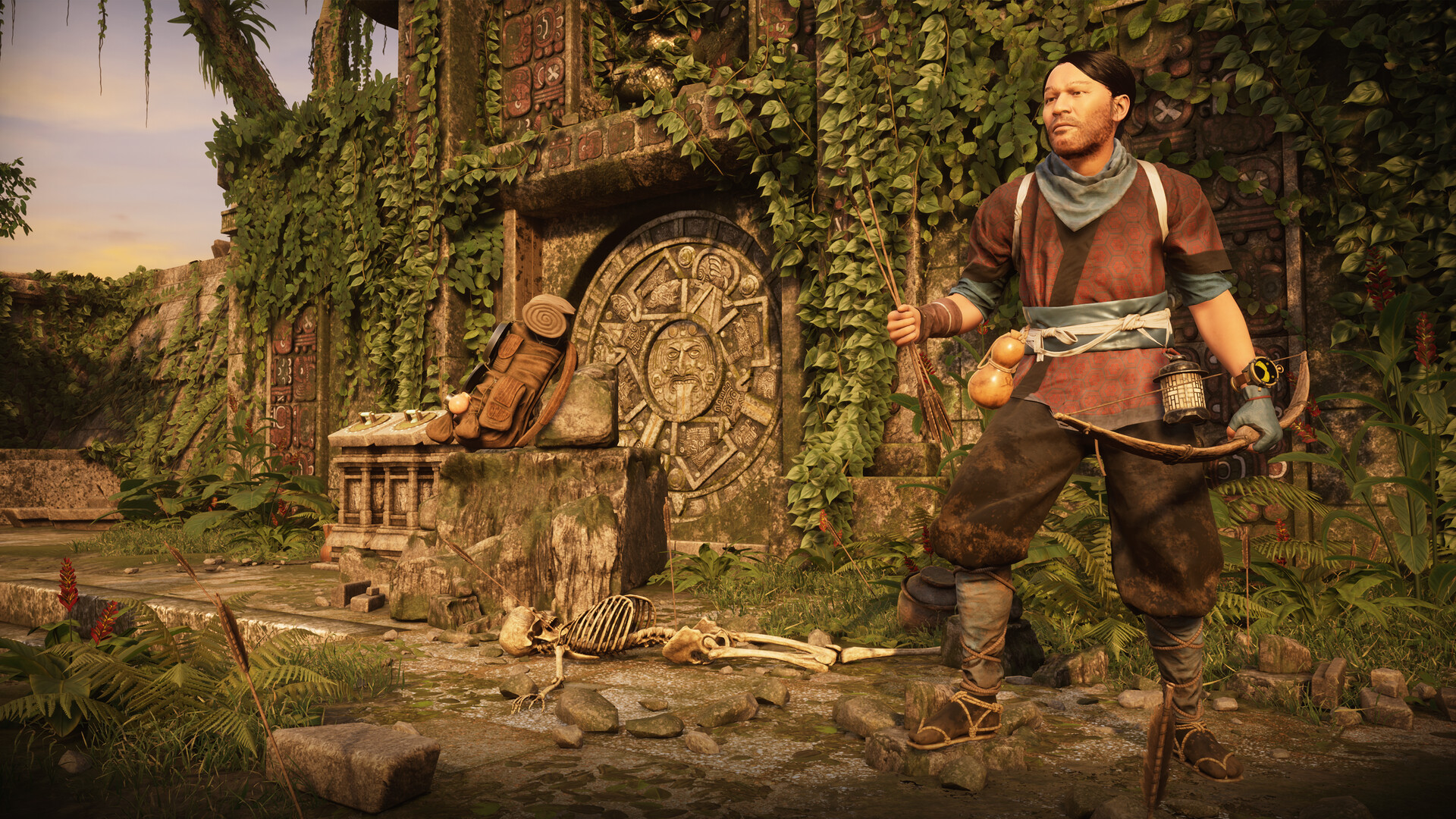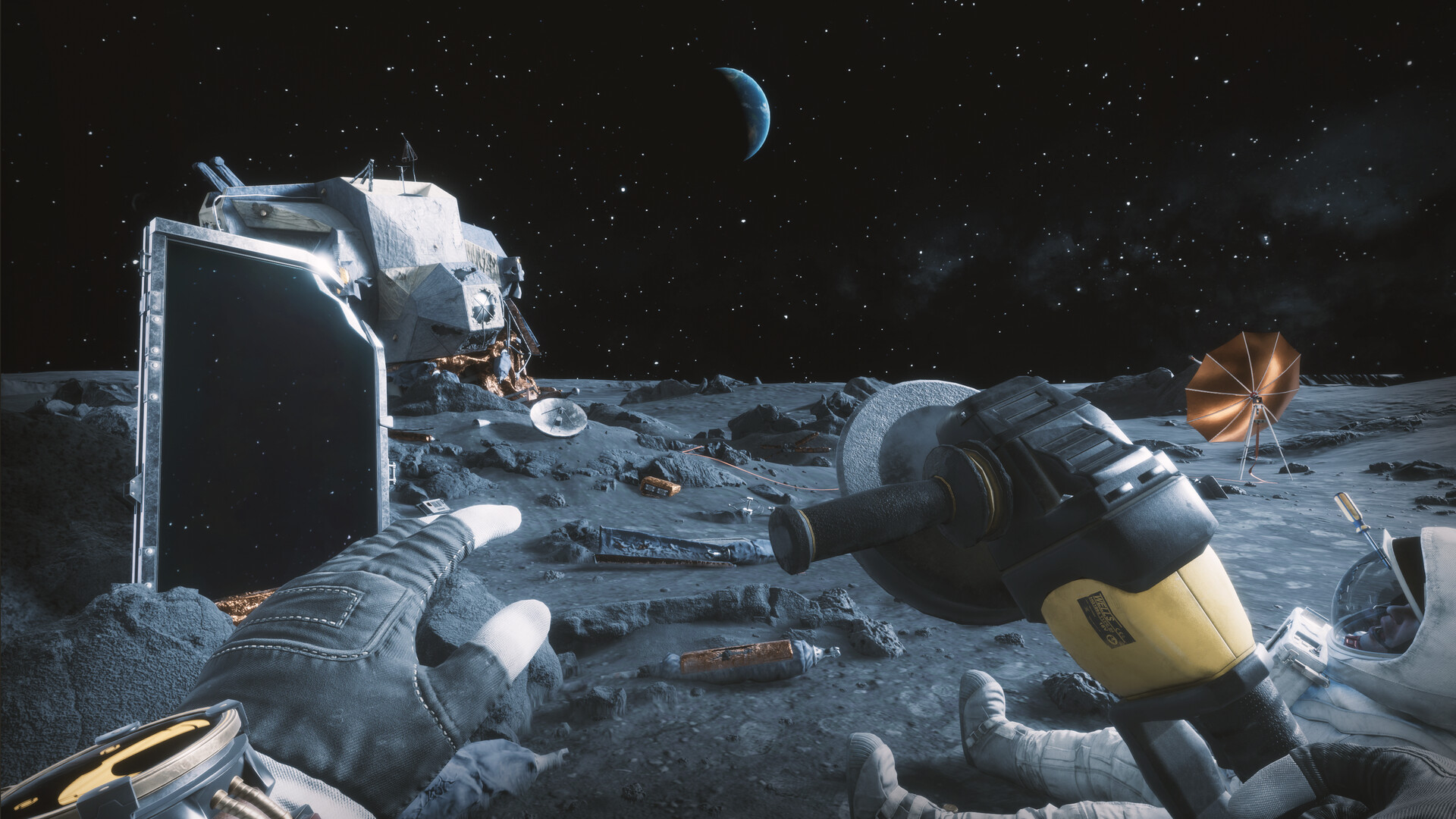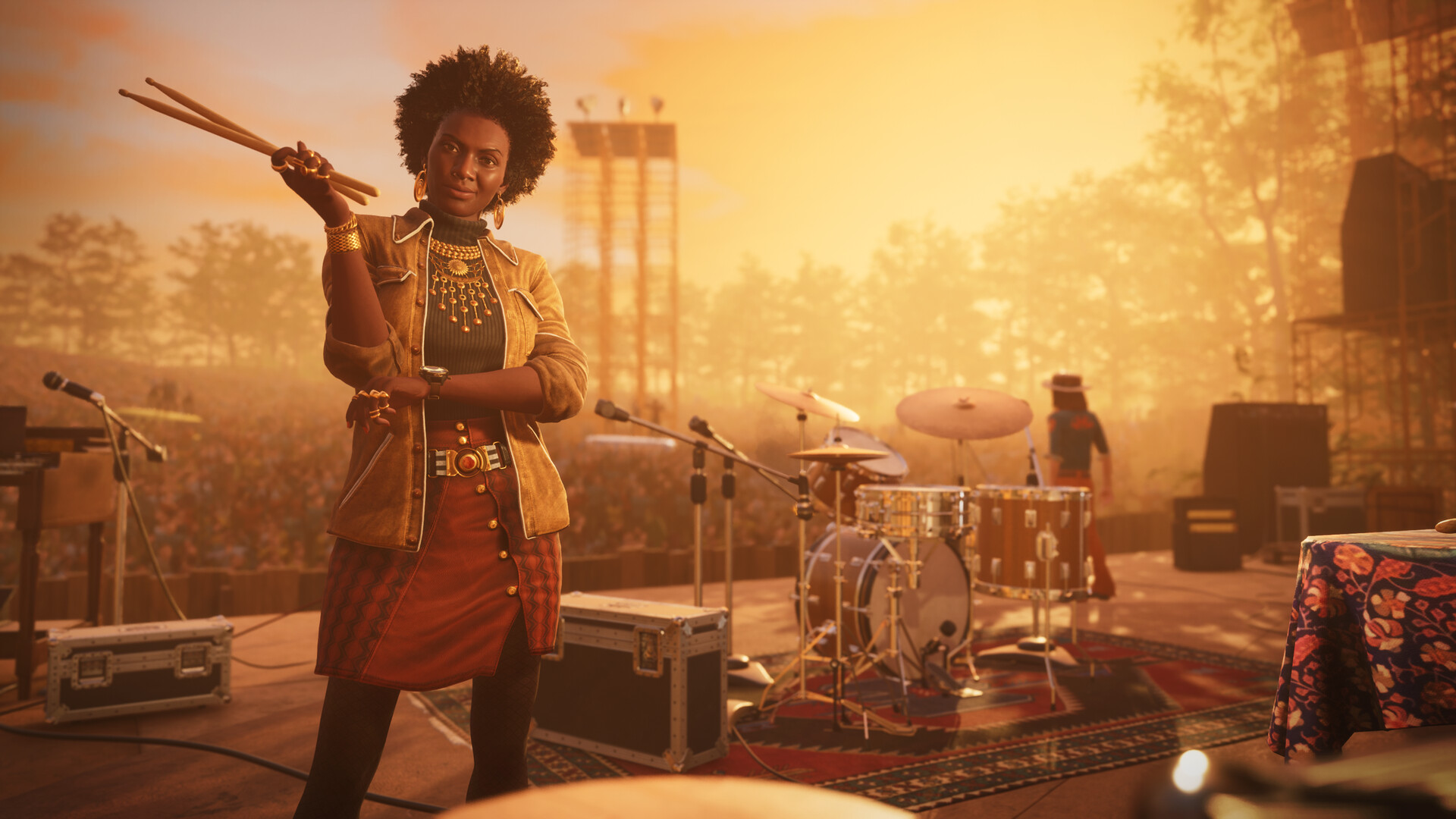So hands-on Starfield impressions are flowing in from IGN and the likes and it's nothing short of effusively glowing.
It's kinda got me worried about a reverse backlash. The hype machine feels like it's been gaining crazy momentum since the 45 min deep dive video last week.
Like people's expectations have done a full swing from, "OMG BGS SUXS SO BAD >>> FALLOUT 4 & 76 <<< LOL" to "OMG STARFIELD GAME OF FOREVER!!!"
The swing is too fast and hard. At the end of the day it's still going to be a BGS joint that comes prepackaged with all the pros & cons. Starfield looks ambitious as hell, but the fundamental framework is still 100% BGS RPG.
It's just going to be insufferable to hear all the bitching & moaning from the crowd who was never kind to BGS to begin with, but may have been carried along with the Starfield hype cycle, after they realize that they are still dealing with the BGS limitations that their extraordinary open-world ambitions inevitably surface. Bugs, anomalies, framerate hitches & stuff.
My story is that for the past 2 decades I never stopped loving BGS, from Morrowind straight through Fallout 4. I love inhabiting their worlds and have always treated them like true roleplaying im-sims first and foremost, with any "official/side questlines" and such just being icing on the cake. In that sense BGS has never let me down. And any kind of jank I've met along the way has come with the full understanding of the fragile state of so many moving parts the Creation Engine is employing at any given moment. BGS games have an exceptional amount of engine break points because it's doing an exceptional amount of calculations, far more ambitious than genre peers.
So I'm all good either way. BGS is my favorite AAA studio and I'll likely pump hundreds of hours into Starfield, just like I did Fallout 4 and Skyrim before. I don't need to be "convinced" that BGS is back because they never went anywhere to begin with.
But I can't help but shudder at all those lapsed vocal-minority gamers coming back only to turn around with their, "BGS are hacks that ruined my life." s**t all over again when Starfield inevitably proves to be less polished that a supremely linier, guided AAA(A) release like God of War.
Thank god the few sites I frequent have an Ignore button, lol.
I mentioned this a few months ago but I'll say it again; I am expecting the backlash/hate for Starfield to be orders of magnitude higher than it was for previous iterations. Partly because I have noticed a massive increase in negativity in the gaming community in the last 3-4 years. Maybe it was always the case or maybe I've been unlucky with the choice of games I've paid attention to when I was playing them, but man it has felt like everyone who talks about any game just hates it with all their being. It is actually exhausting and unproductive to go to the subreddit of a game nowadays because of how acrimonious and hostile the environment is. The second reason is that a significant percentage of the gaming population will not be able to play the game on their favourite platform and will lash out because of that. I mean people have always made fun and memes out of BGS bugs and glitches but it was always seemingly in good fun. This time around I expect that those kinds of flaws will be amplified exponentially by people with malicious and mean spirited intent. Extreme case of sour grapes if you will.
I've mentioned previously that I'm personally not thrilled with the direction that BGS games have taken since Morrowind. I believe they have reduced the complexity and depth of their design by eliminating classes for example or the ridiculously one dimensional dialogue 'choices' in Fallout 4. This is all personal preference of course, and I cannot deny that the changes they have made have been received extremely well from the community at large as is evidenced by their phenomenal and growing success ever since Oblivion came out. So, in the 8 odd years since Fallout 4 came out, I have realigned my expectations from BGS and I am now playing Starfield for the one of a kind game world they will create and not necessarily for the kind of reactive/deep roleplaying experience I would expect from Obsidian for example.
So, in short, I am quite excited to play it as well and have already pre-ordered it (you can get it for 16% off on GMG). I hope that they will make strides to improve their visuals, combat, script and general stability from past releases. I hope the game is as mod friendly as their previous games have been. And I absolutely know not to engage in online discussions for the game anywhere at all

So what you're saying is my planned 4070ti purchase is dumb and I should rebudget for a 4080 at minimum?

These VRAM troubles nowadays are nuts.
This is a bit glib but I would wager nobody who has bought a 4080/4090 actually regrets their purchase. Yea, It hurts a lot when you are clicking the 'buy' button and the weeks leading up to the decision are agonising as you try to convince yourself to spend that much money, but all of that goes away the moment you slot the GPU into the PCIe slot. It feels
real good when you boot up a game, any game, and max out everything and then you see your framerate is still twice as high as your monitor's refresh rate. (This of course applies to games that are working as intended and not garbage like Last of Us for example, which PC gamers should not have supported, but that's another conversation). The point is that that yes, it costs a lot, but you are buying an incredible piece of technology which is so much better than what came before it.
It's interesting (and sadly, to me, unsurprising) how people not me were so certain that low-level APIs will allow game developers to better manage resources, but it turns out that most of them are not nearly as good at (or sufficiently motivated to, or given sufficient time to) managing texture residency as e.g. Nvidia is in their DX11 driver, which does all of that for them. Who would have thought that it's a good idea to let an elite team of engineers implement something once and then benefit from it across thousands of applications -- even if it's only 90% as good as what you could do with unlimited time and a bespoke solution -- rather than trying to do it yourself! If that was the case it would be good software development practice to use well-established and optimized libraries rather than rolling your own. Oh... wait.
As some game's patches (and other game's out of the box performance) have shown, this isn't really a hardware issue. It's an issue of your texture management strategy being "keep everything in VRAM all the time".
Just want to step back from this particular issue and share some thoughts. I know a lot of gamers hate Nvidia right now because of the high prices of their GPUs. They revel in the news that GPU shipments are declining. I think people should take a broader perspective on what is happening with Nvidia right now and what the implications might be down the road. For those who might not know, Nvidia became a trillion dollar market cap company a couple of weeks ago. The growth in their valuation has been driven entirely by their ML/AI enterprise business. GeForce is a small part of their business and if it becomes smaller they might reduce their investment in PC gaming. This would be a pretty bad outcome for us. Nvidia has contributed a lot to the graphics side of gaming in the last couple of decades.
I don't know if people remember this but back in 2005, when Unreal Engine 3 made it's debut with the 360/PS3 gen of consoles, it had no native support for anti aliasing. For a few years we had to suffer through games like Gears of War or Bioshock without any AA. Game developers at the time didn't care because the console hardware at the time wasn't powerful enough to support it and they didn't want to put in the extra effort/investment into the PC port. Their entire focus was on the console versions of their games and the PC version was an afterthought because 'all PC gamers were pirates'. The dogma that 'PC gaming is dying' was closest to being true during those dark years while Valve was still building out Steam to 'save' PC gaming. Anyway, around 2007 Nvidia decided that enough was enough and they implemented a hack in Geforce drivers to force AA in UE3 games start with Batman Arkham Asylum I think. This is one example where Nvidia made an investment to make PC gaming better. They have and continue to develop features to that end. Off the top of my head I can think of how they have had a hand in better AA, AO, tessellation, physx, nvenc, gsync, RT and probably more stuff that escapes me right now. Sometimes they've tried stuff that didn't pan out like 3DVision. They brought QOL features like reflex, Ansel, Shadowplay (remember when fucking FRAPS was the standard?).
In the last year or so it feels like the AAA industry at least is slipping back to those old habits of not caring enough about PC versions of their games. A different set of challenges this time around but the result is the same for us. At a time like this I don't think we should be hoping that GeForce becomes a smaller and less relevant part of Nvidia's overall business.



